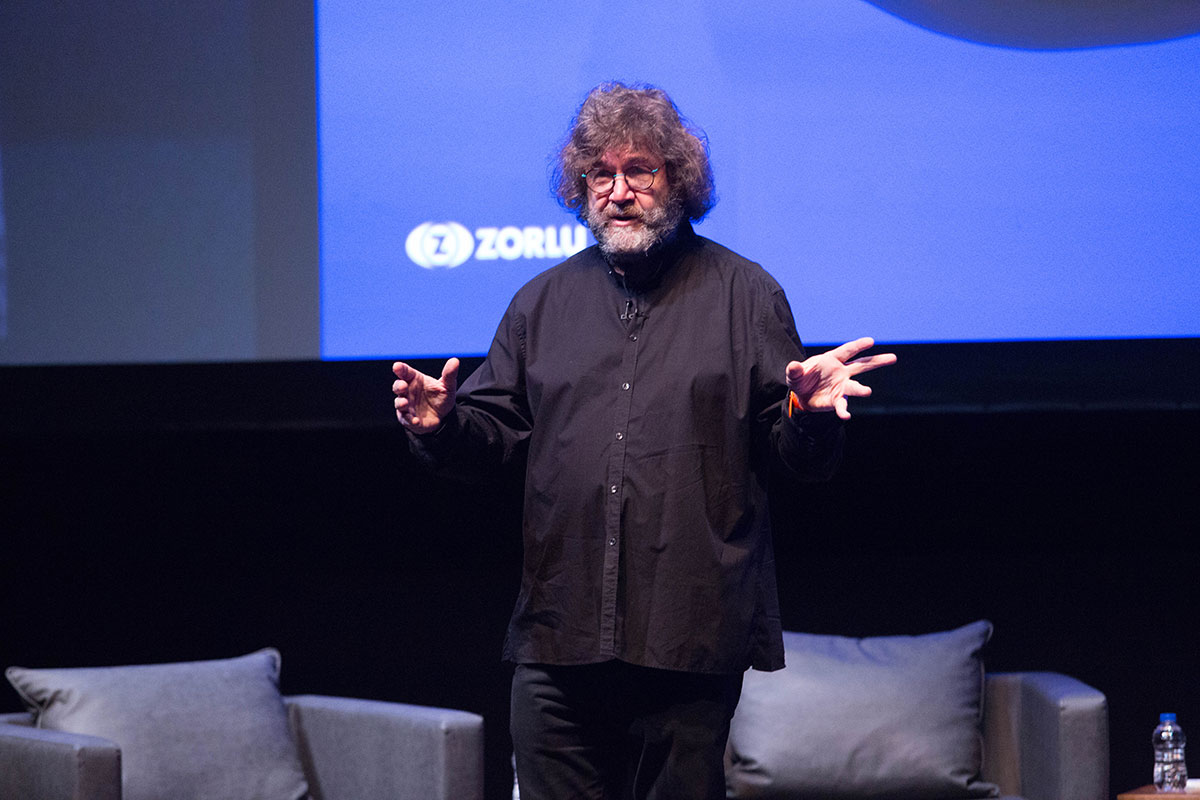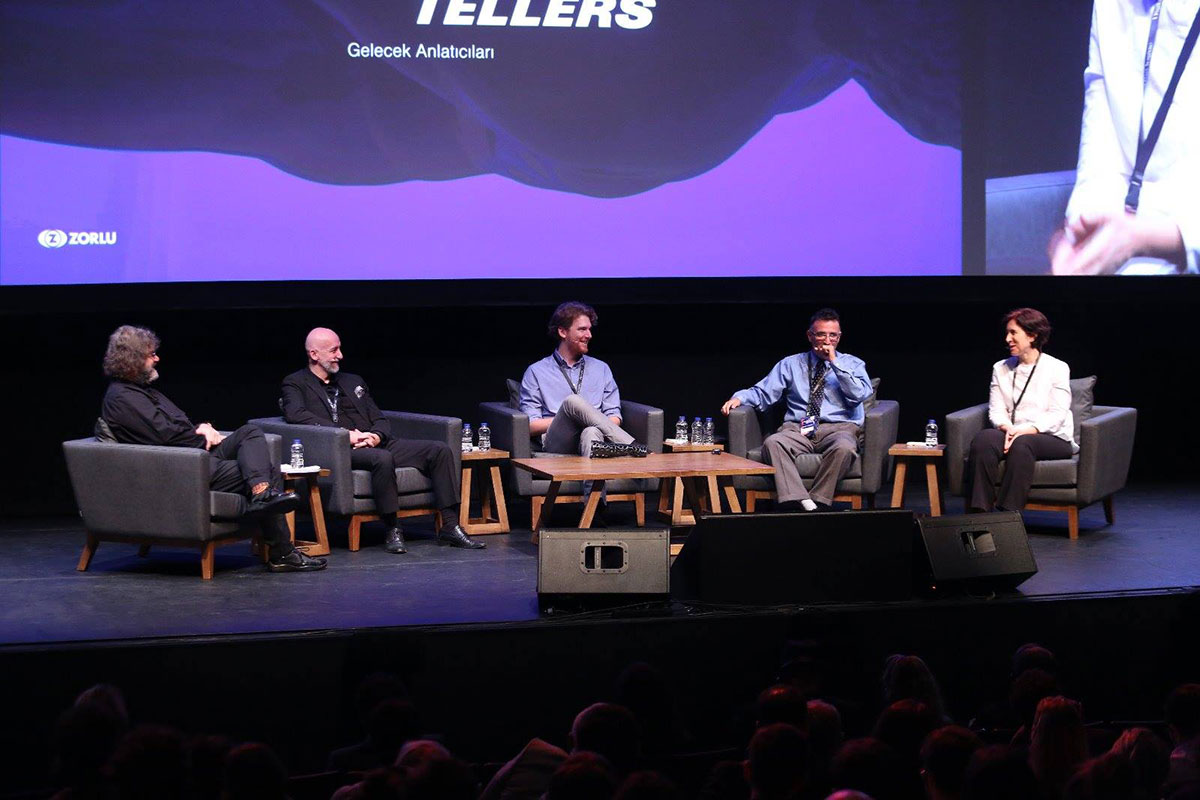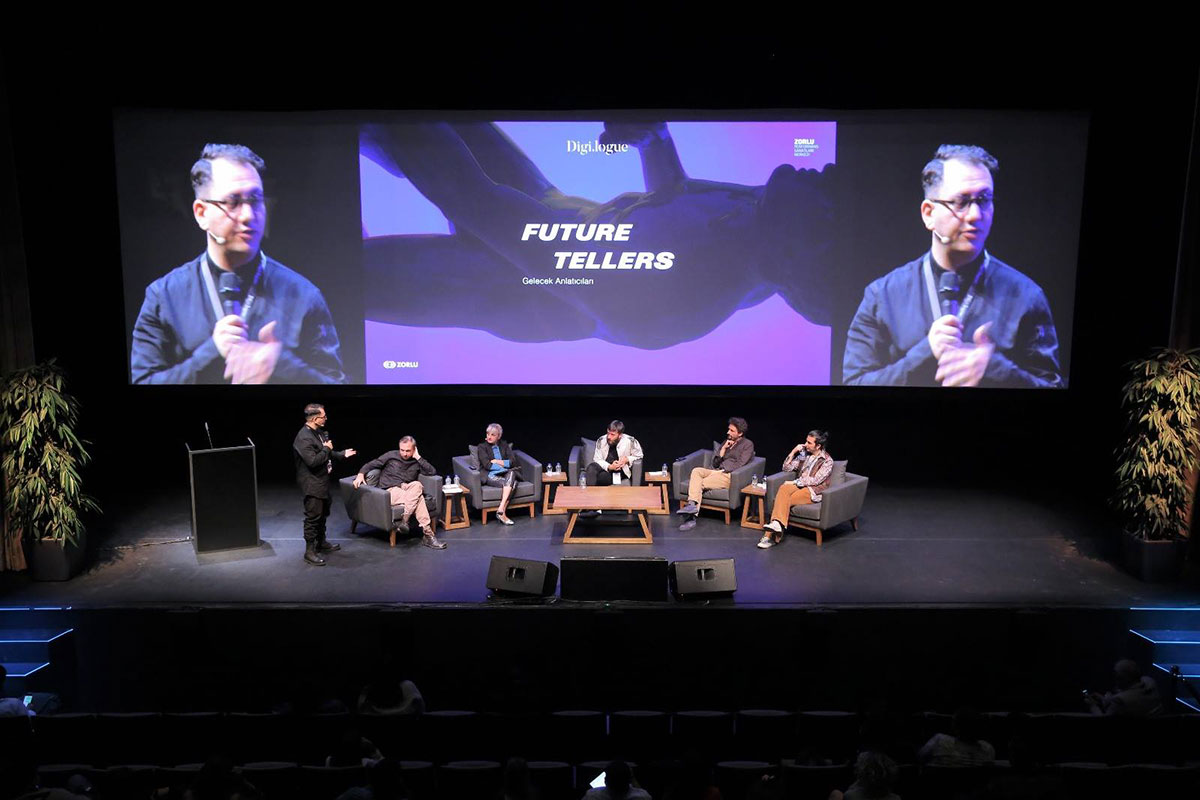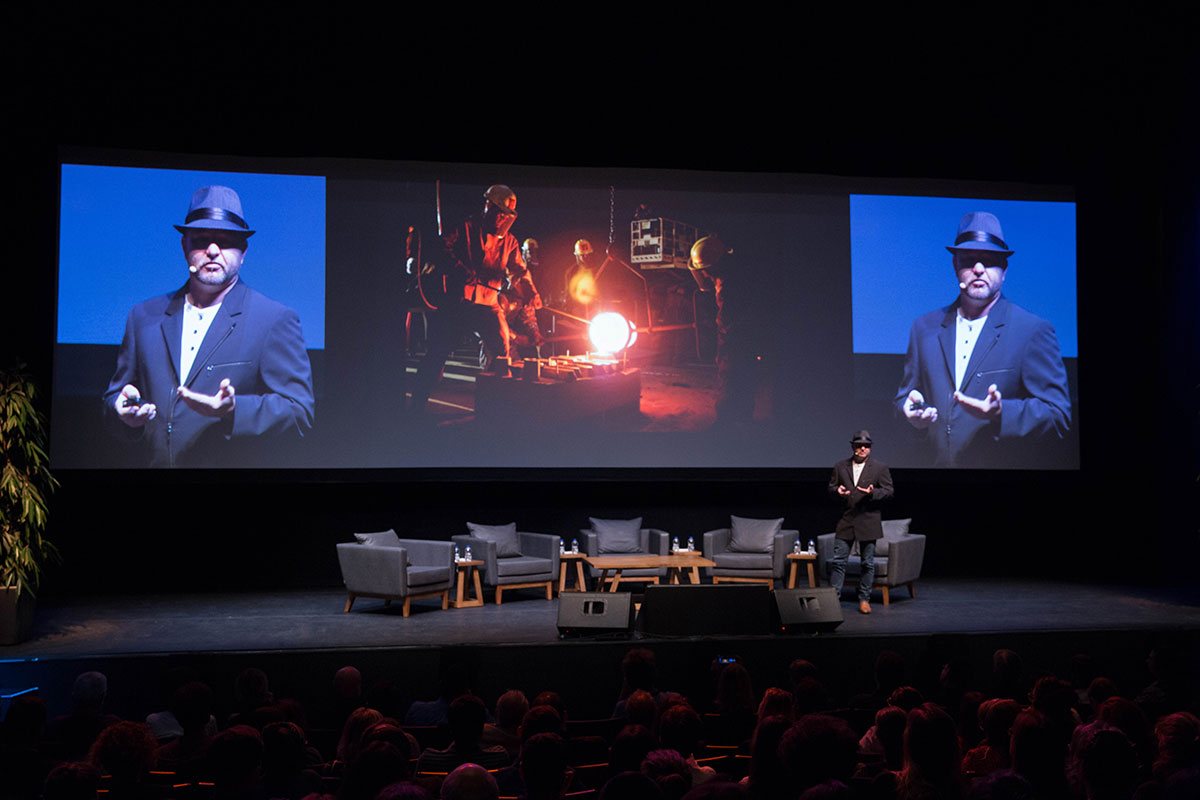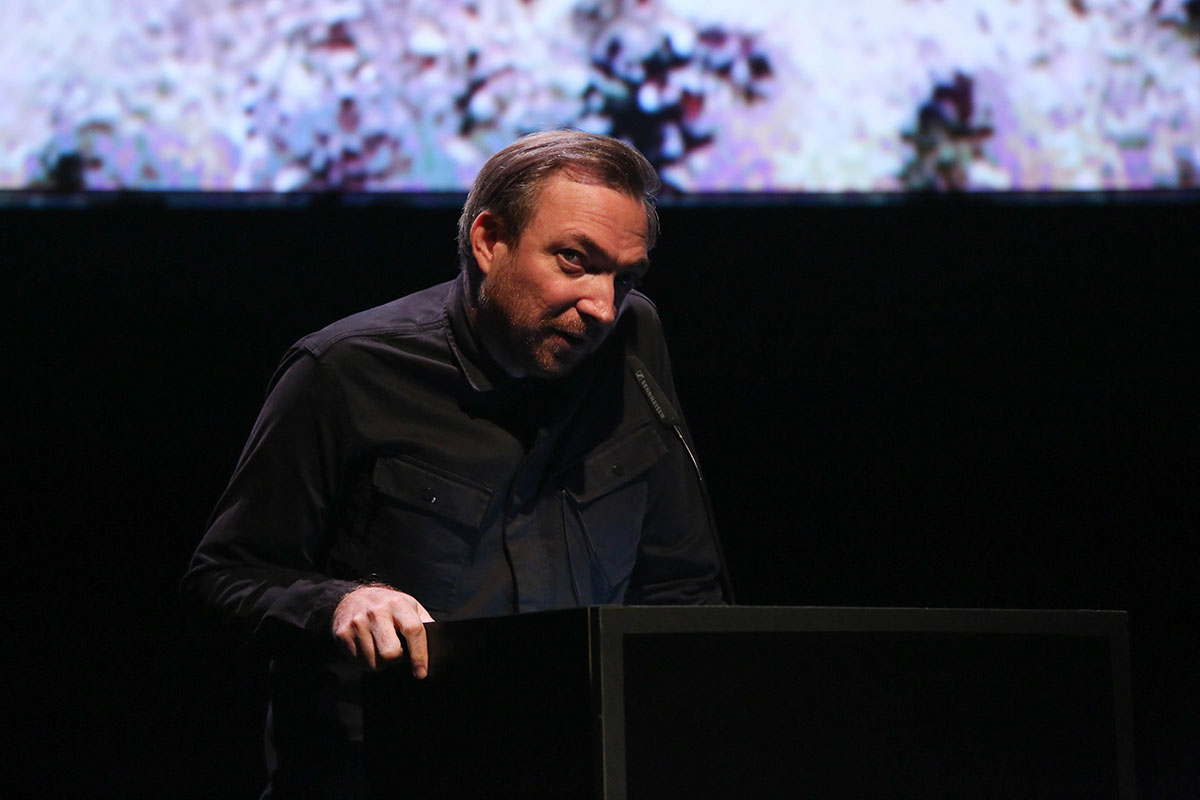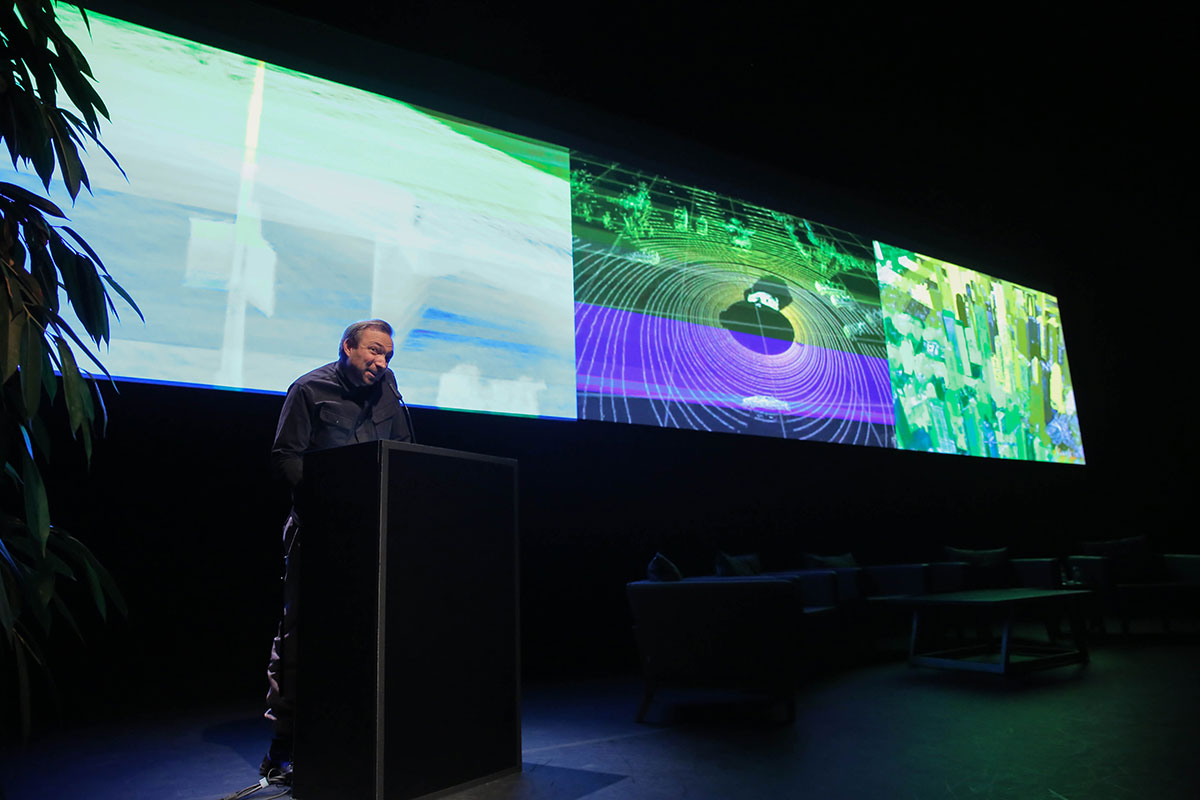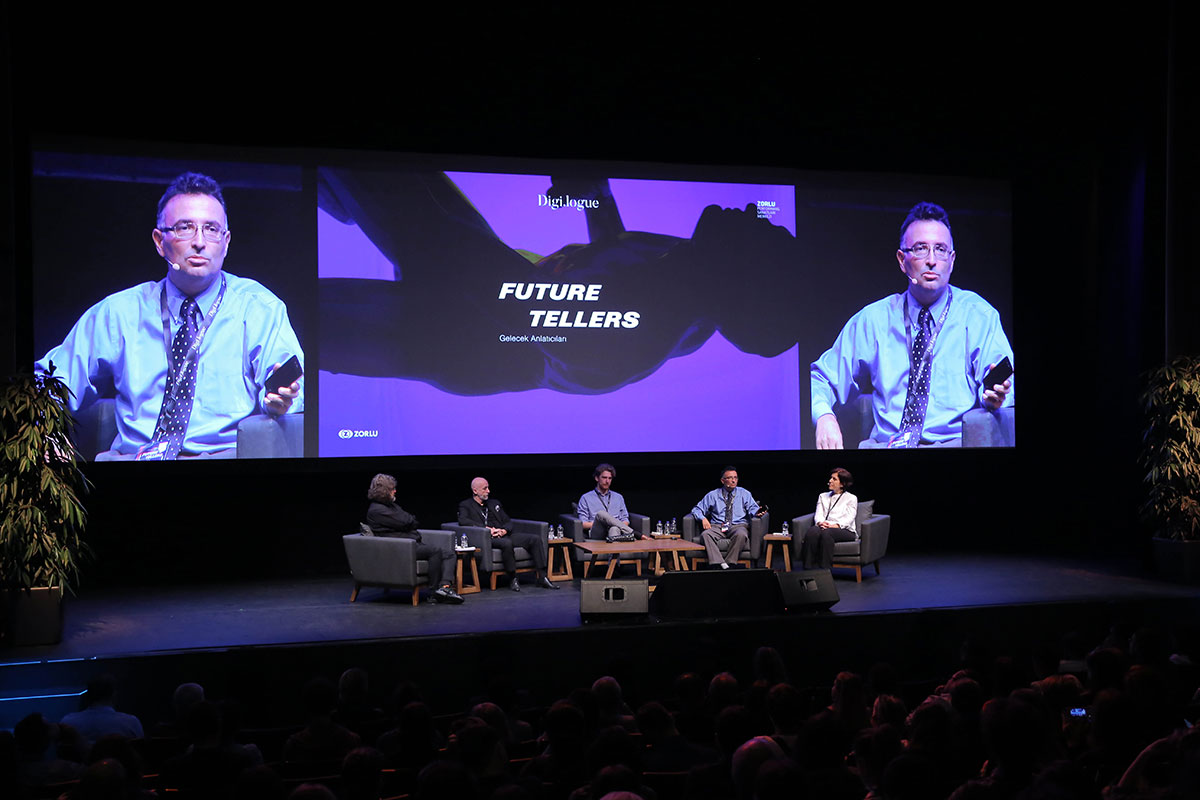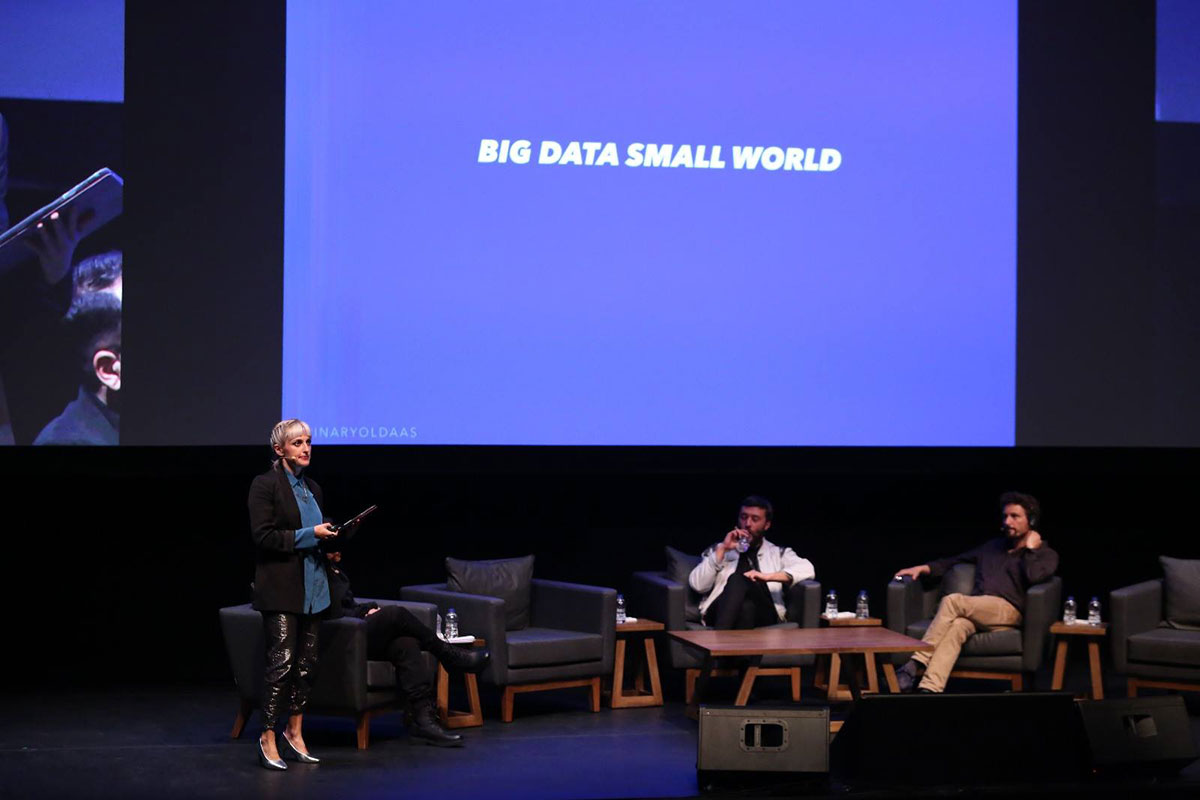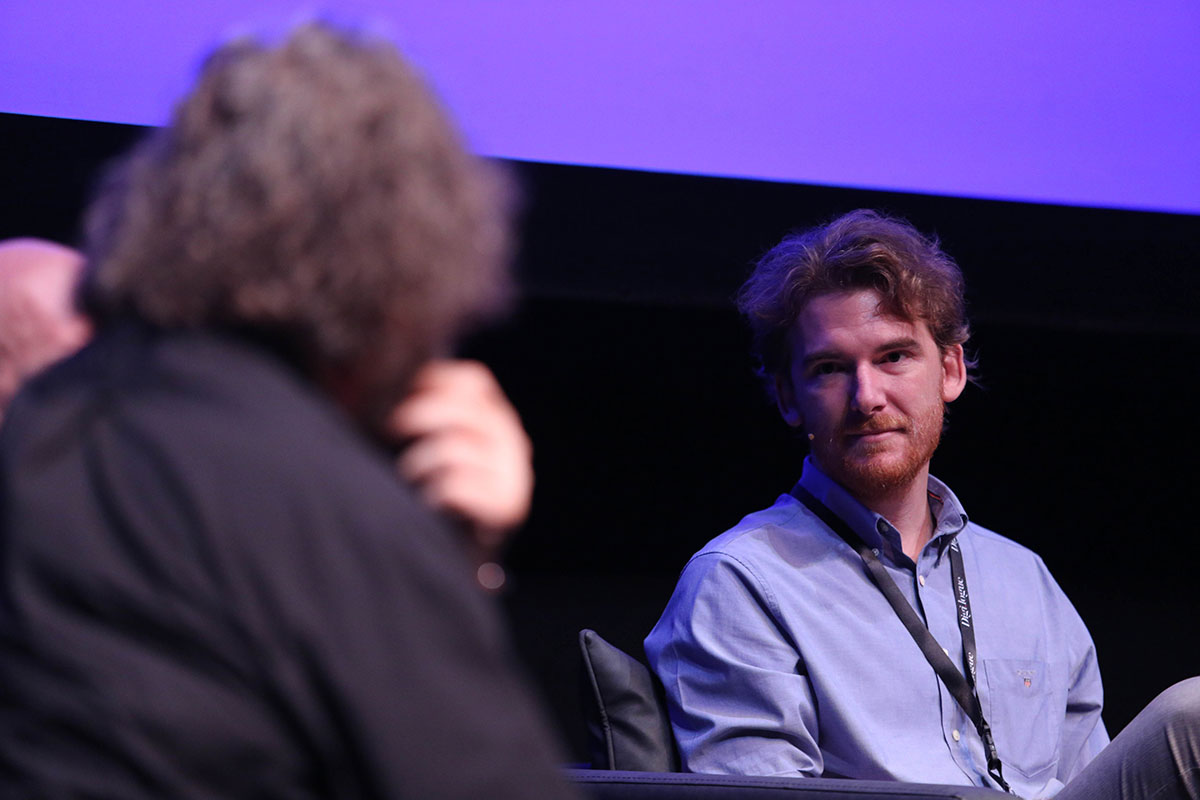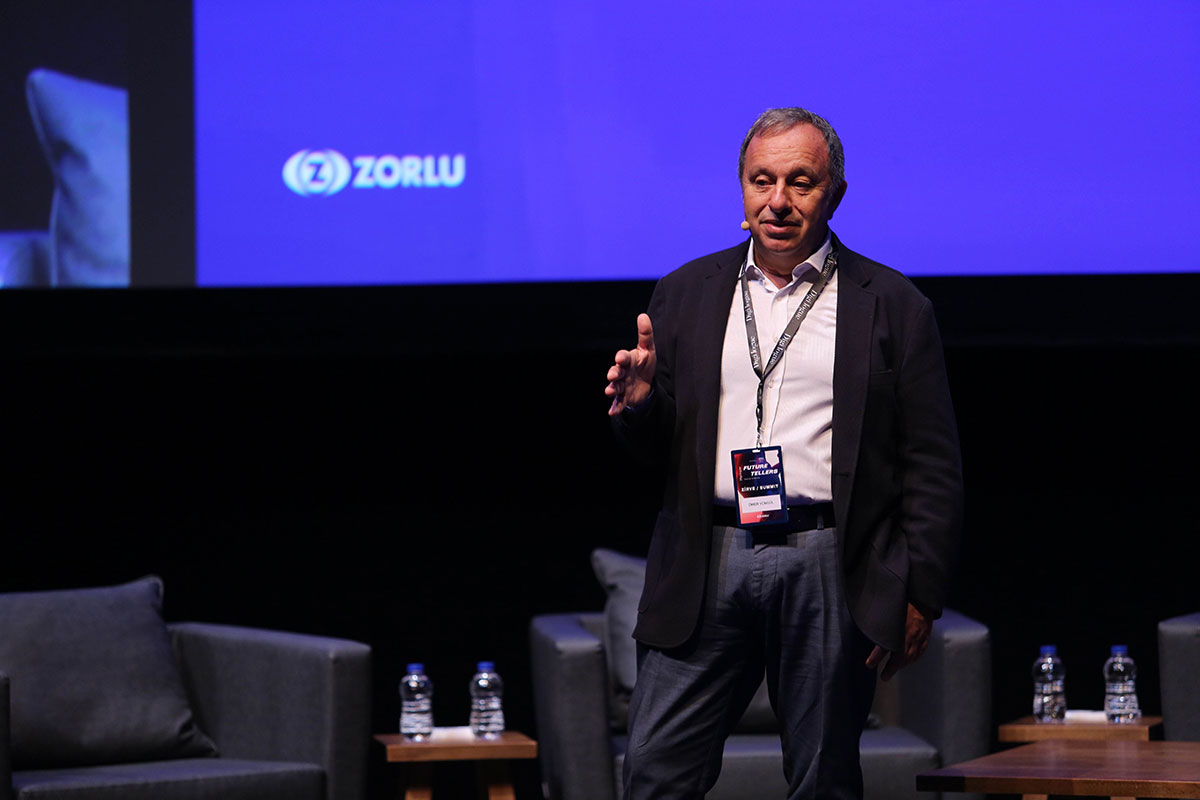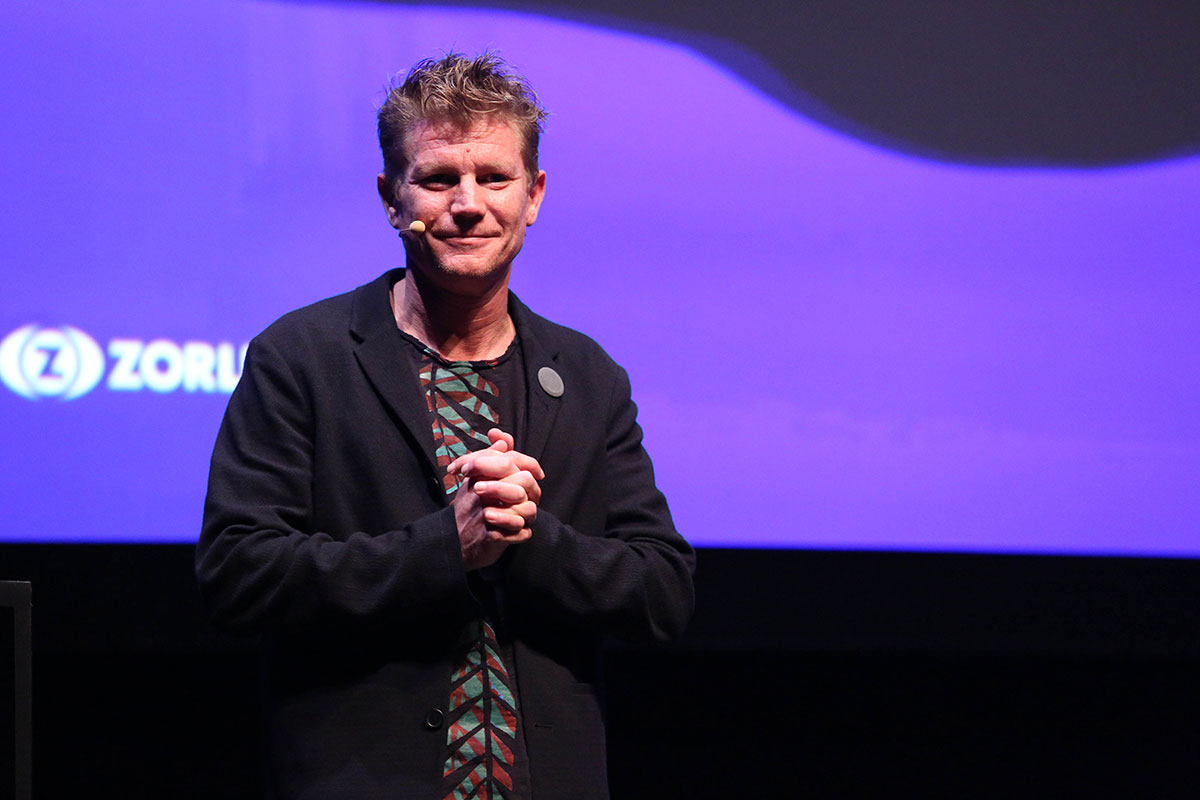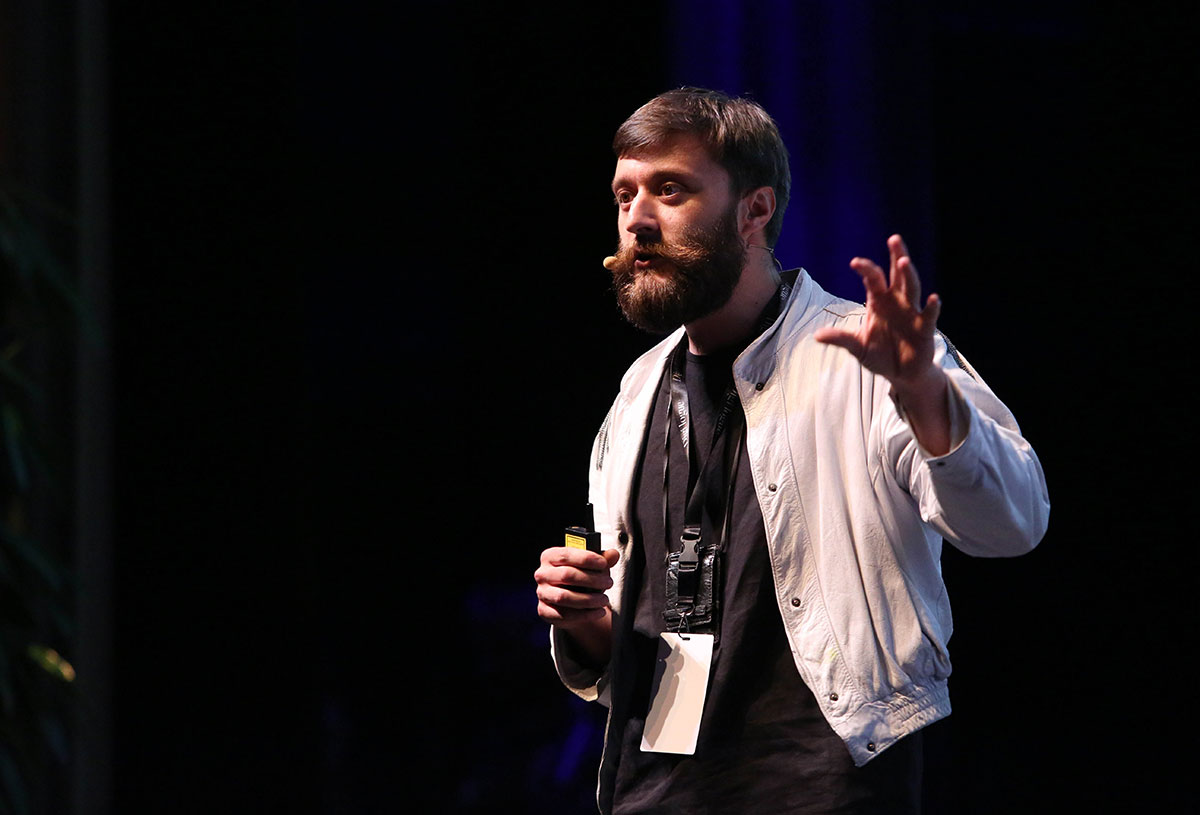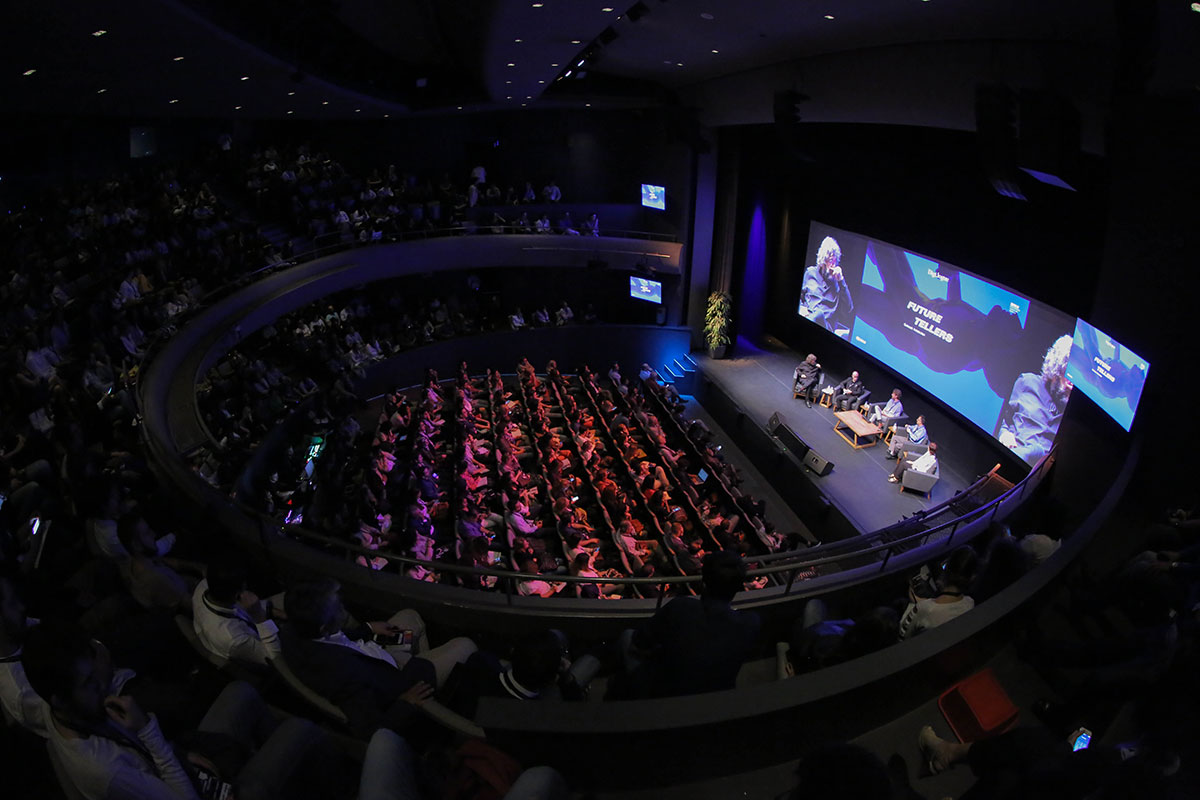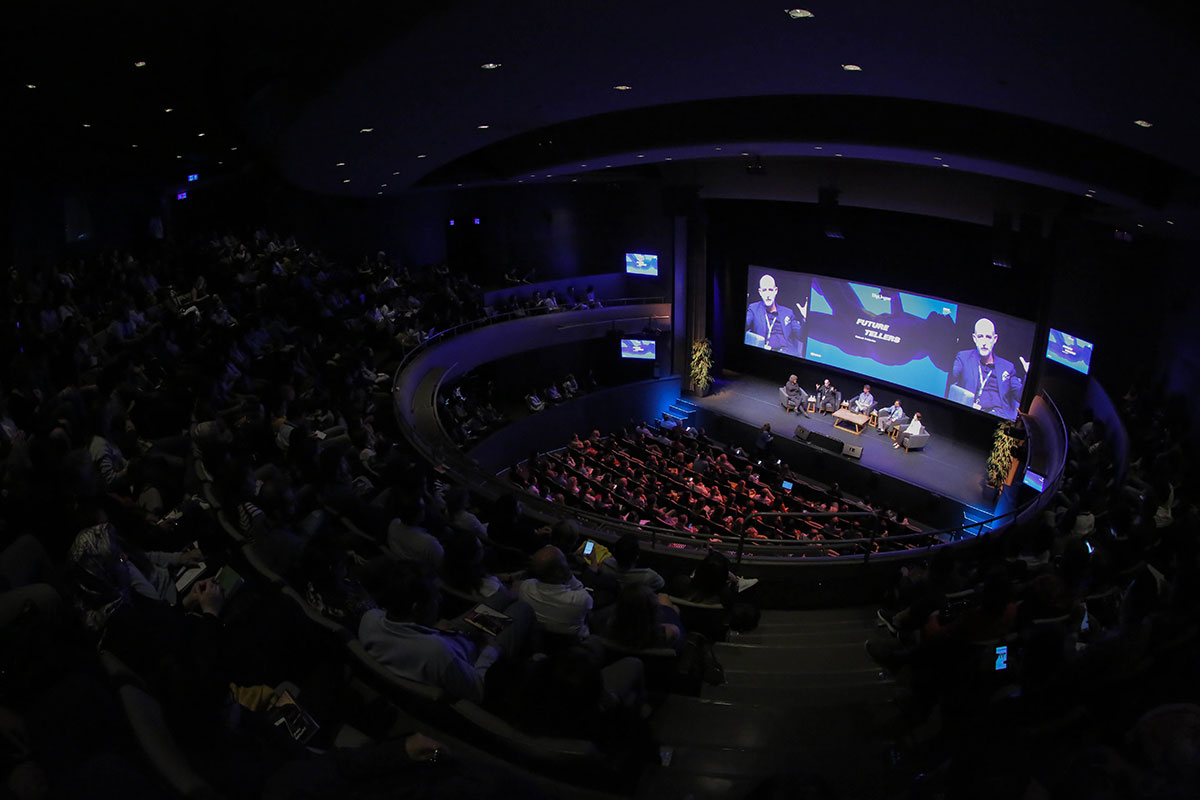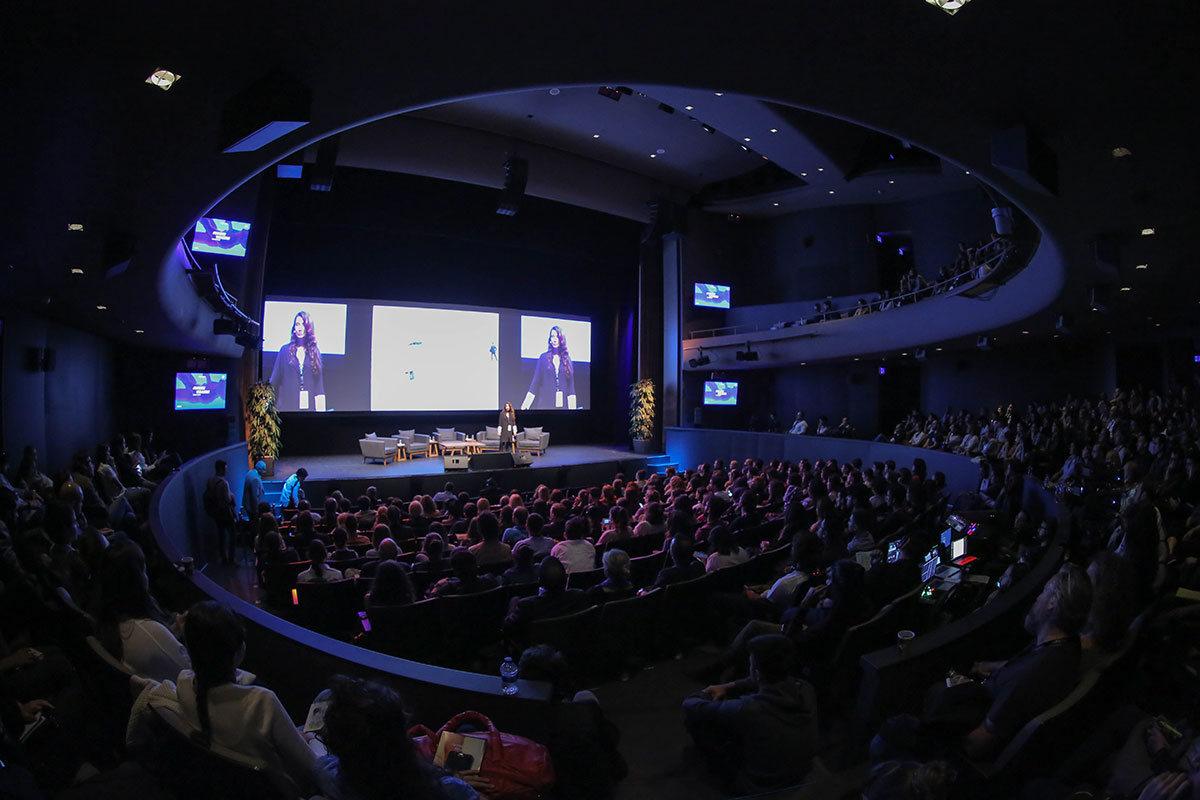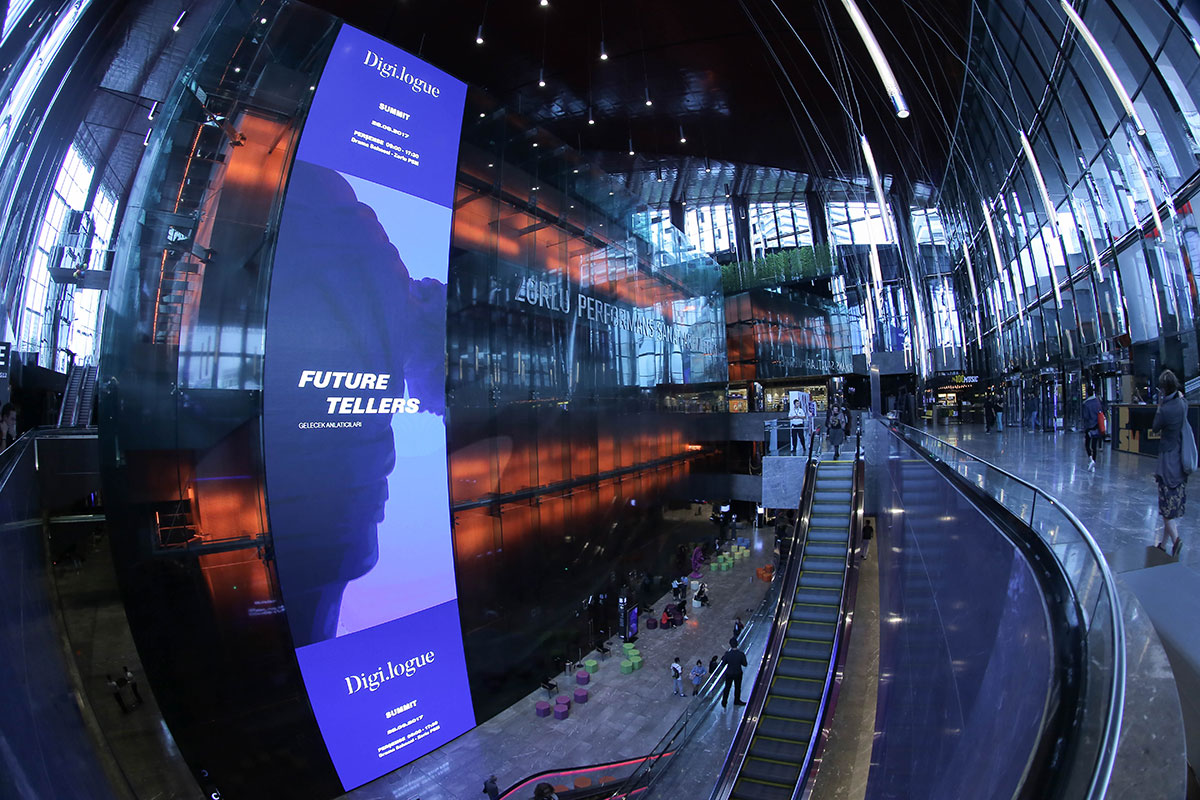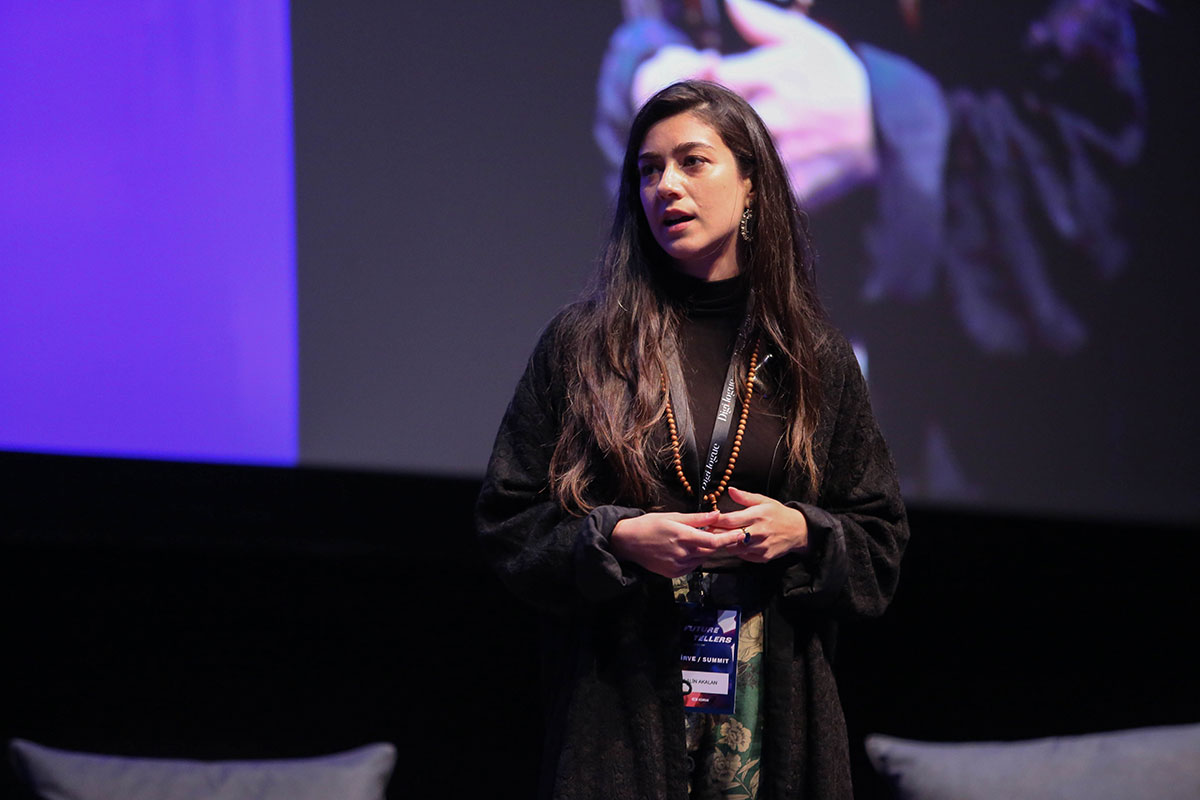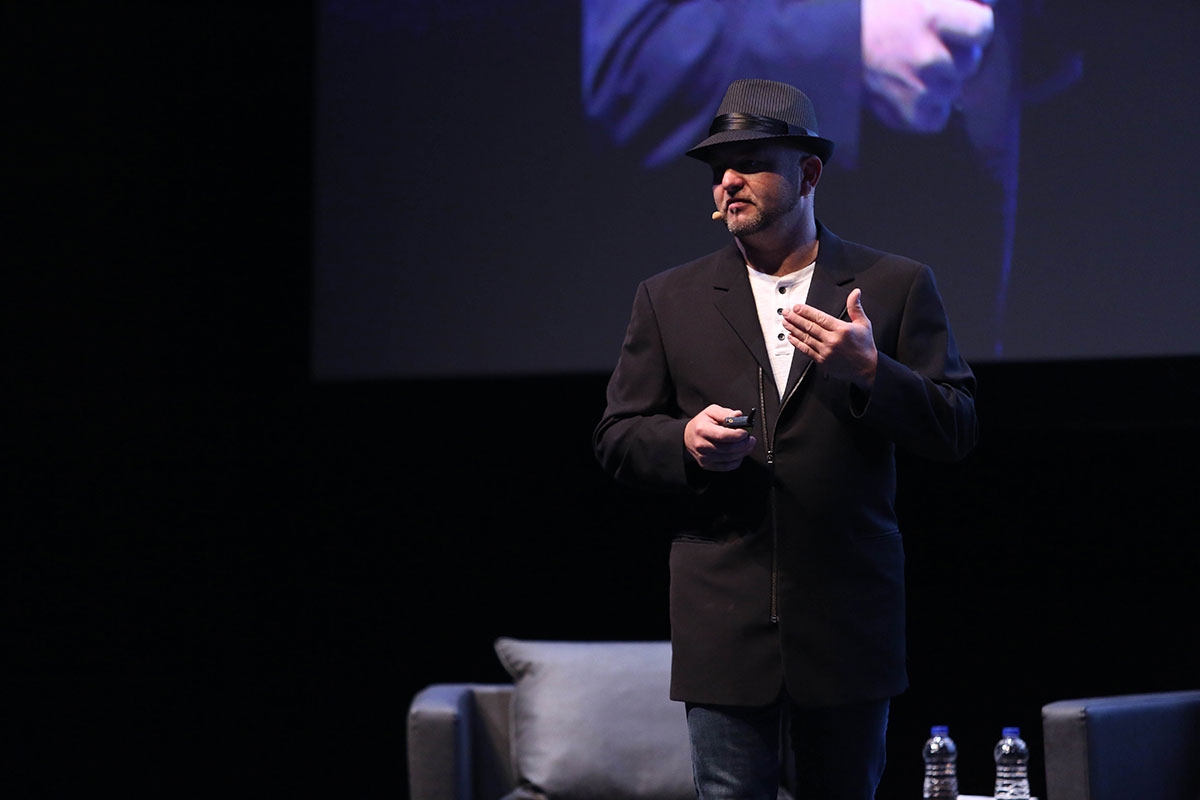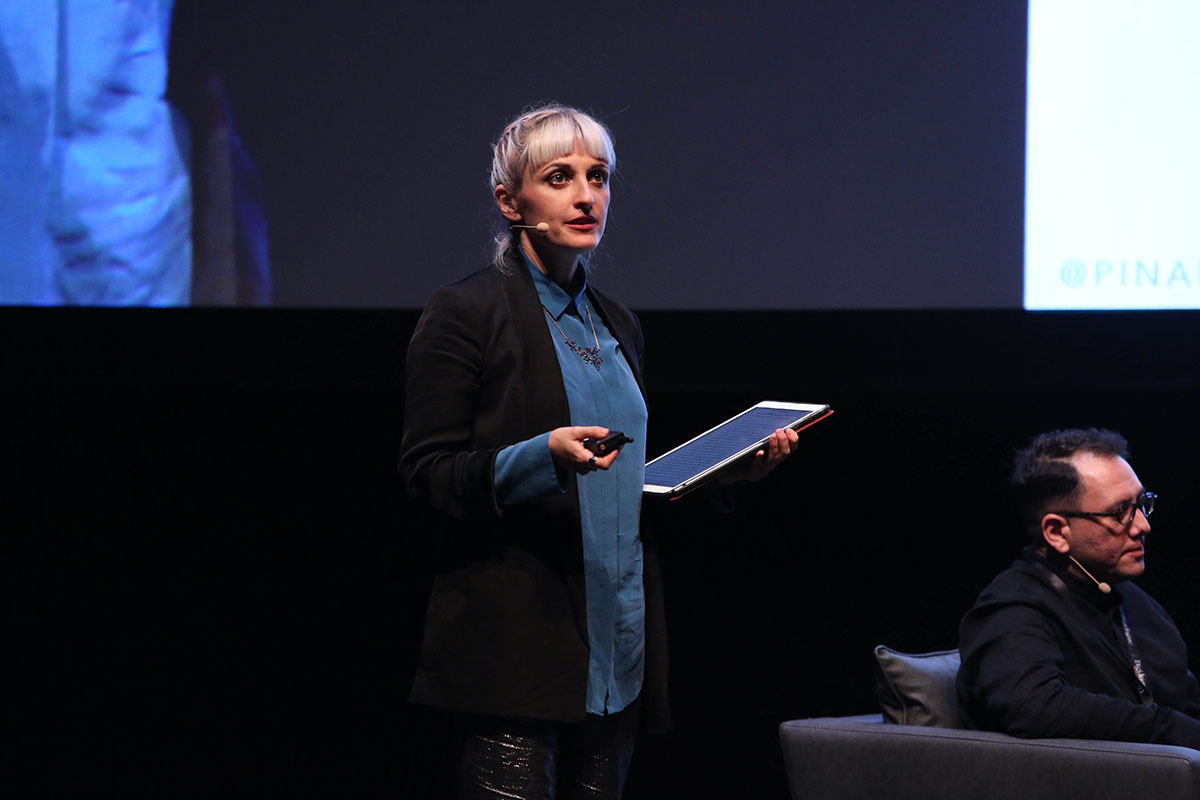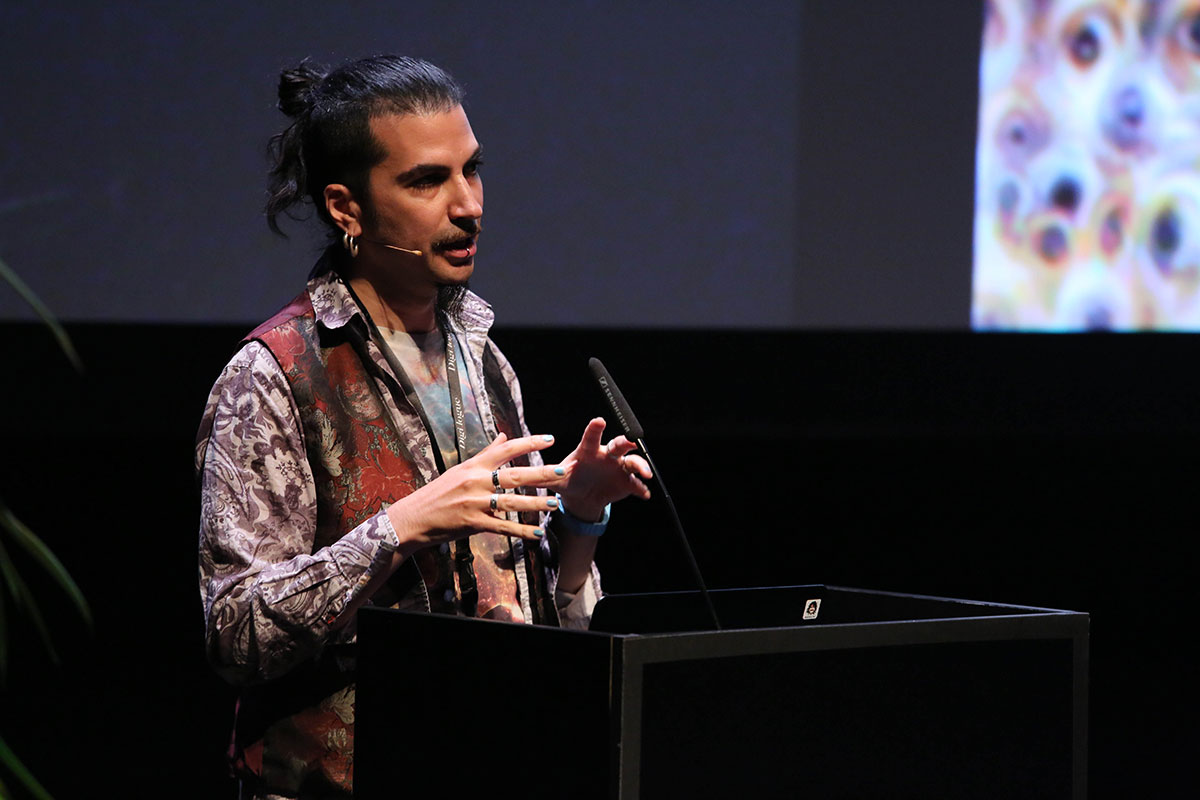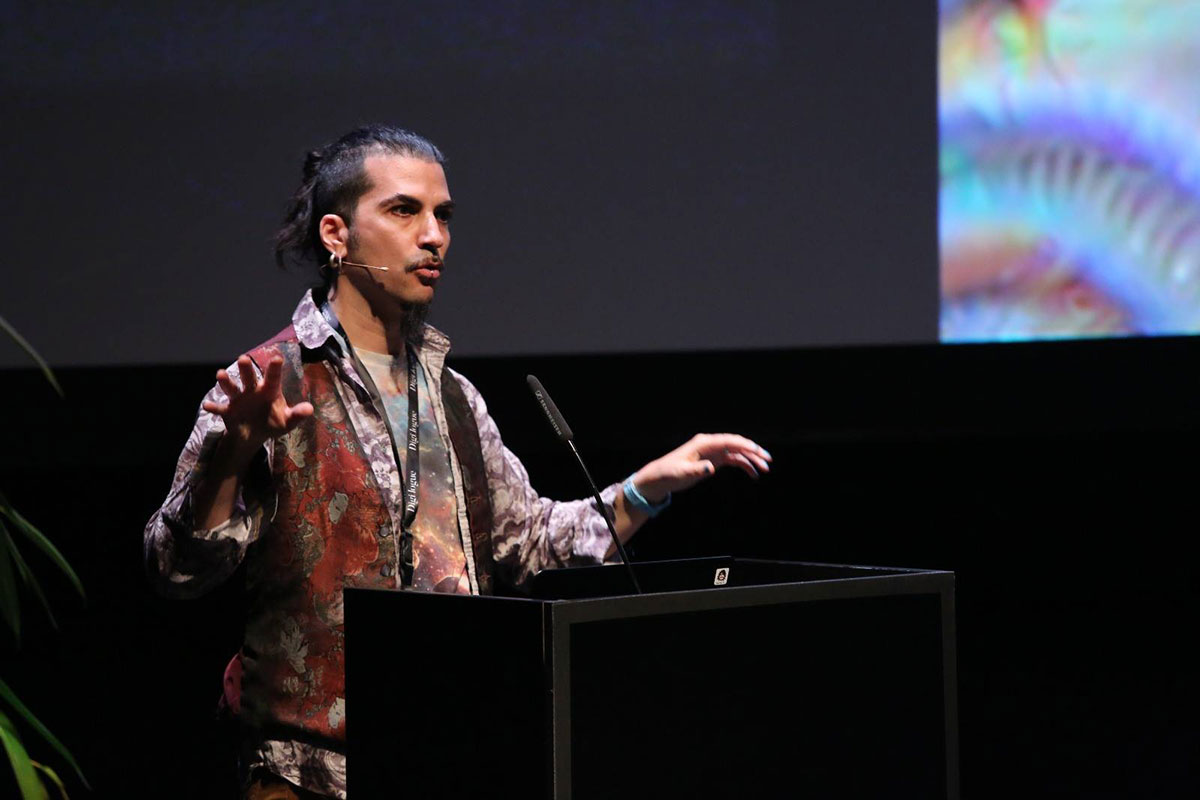Future Tellers'17
Digilogue Summit covers a range of topics including artificial intelligence, digital architecture, innovative product development, technology ethics within the scope of the summit that is themed "Future Tellers".
Your future is based on your present. Your present urges you to push the limits of your knowledge, broaden the horizons of your mind and destroy your boundaries.
Location
Zorlu PSM
Date
28 September 2017
Tags
Digilogue Summit 2017 brought together the pioneers of the field working on many topics such as the human body, artificial intelligence, digital architecture, innovative product development, technology ethics. Your future is based on your present. Your present urges you to push the limits of your knowledge, broaden the horizons of your mind and destroy your boundaries.
Digilogue, the first interactive platform, initiated by Zorlu Holding and Zorlu PSM, which focuses on the creative industries and technology of Turkey, has been realised for the second time with “Digilogue Summit”. Facing the future, the summit aims to inspire future generations and to create a local culture around techno-philosophical issues. Based on the theme ”Future Tellers”, the event brings together leading professionals from different disciplines at Zorlu PSM Drama Stage, addressing the interaction of technology with different disciplines.
Digilogue Summit, which will focus on the impact of technology on human values, the race and the common gains arising from the coexistence of technology and humanity, brought together leading figures in different fields and industry leaders exploring the social effects of digital transformation.
Digilogue via Future Tellers, asking the question of “Where will the human race be in the future and how will we change?".
One-day summit on artificial intelligence, digital architecture, innovative product development, technology ethics, and many other topics; started with inaugural speeches of Zorlu Holding CEO Ömer Yüngül, Digi.logue Platform Artistic Director Lalin Akalan and Bilgi University Next Academy President Levent Erden. Inspiring those who want to hear the future, the summit offers different perspectives with speeches, panels, performances and film screenings featuring leading figures from different disciplines, while the participants of Digilogue Summit 2017 enable alternative future scenarios.
As a parallel event of Digilogue Summit Future Tellers 2017, the same-titled exhibition, based on the future predictions of 13 technology-oriented artists, also took its place simultaneously in Digilogue Space, inviting art lovers to experience a two-month mental future prediction.
The requirements and inventions of new technologies often emerge from works of science fiction, which reminds us how important common beliefs and focused purpose are in building the future. The exhibition, which positions the artist as a storyteller, showcases their works as a result of artists ‘ internalized perceptions of technological developments and their reactions to them.
Future Tellers
PARTICIPANTS
Levent Erden
Storyteller
Levent Erden has been the executive manager in Turkey for multinational giants in different sectors from an early age. He is the president of the Next Academy, a pioneering Master's program in interactive business management marketing and communication, in Bilgi University where he is the founder of many first about the future, marketing and the interactive world, in order to bring talented individuals to the transformation in Turkey. He is the host of the show, Istanbul Kafası. He teaches and advises in various business fields and different subjects.
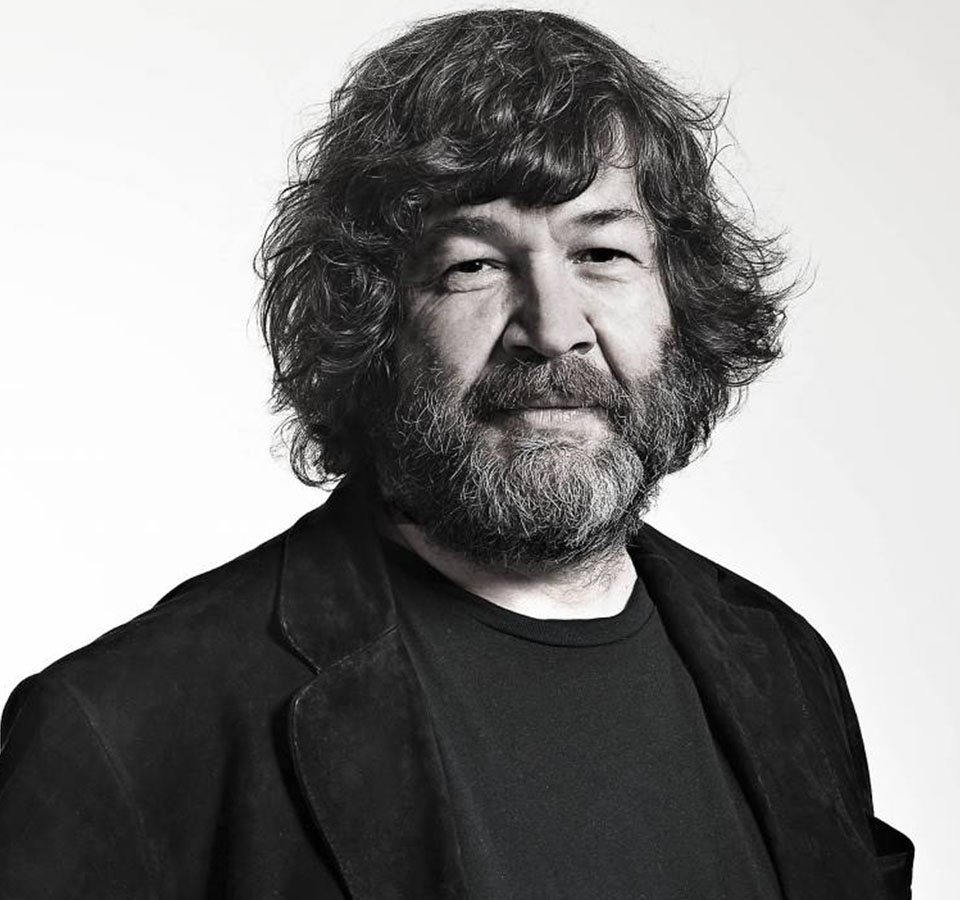
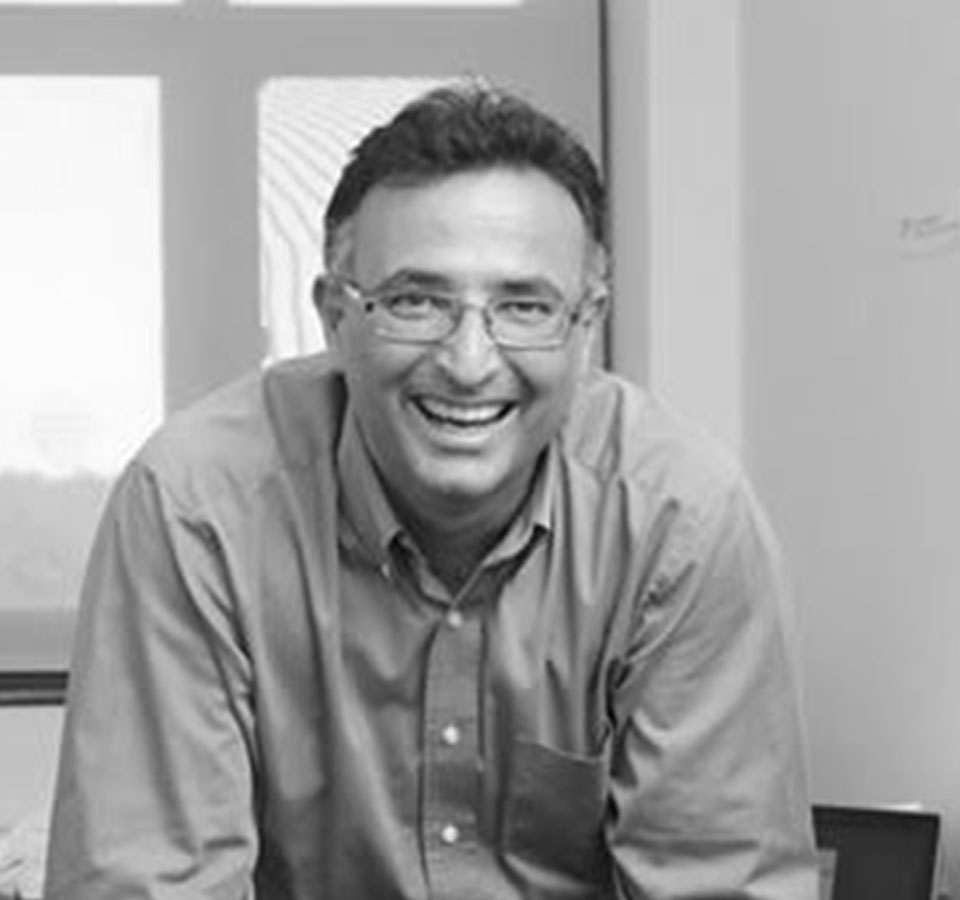
Çağatay Başdoğan
Director of Robotics and Mechatronics Laboratory at Koç University Faculty of Engineering
He is a multi-disciplinary reasercher who conducts studies on human-machine interfaces (especially haptics), control systems, mechatronics, robotics, biomechanics, physics-based modeling and simulation, 3D computer graphics and virtual reality technology. From 1999 to 2002 he was senior member of the technical staff at the NASA-Jet Propulsion Laboratory of the California Institute of Technology. He worked as an research scientist and principal researcher at MIT. He was a member of the Electronics Research Laboratory and the MIT Touch Lab from 1996-1999.
Cemil Şinasi
Co-Founder of Defterhane
Suspendisse eu ligula ultrices, sollicitudin velit ac, cursus felis. Sed convallis nulla eget diam efficitur, vel suscipit lectus blandit. Donec sed cursus nisi, eget vehicula turpis. Fusce vel interdum sem, sed congue ex. Phasellus placerat ornare justo in ultricies. In eu orci quis tortor fermentum malesuada vel vitae risus. Cras euismod magna sed congue facilisis.
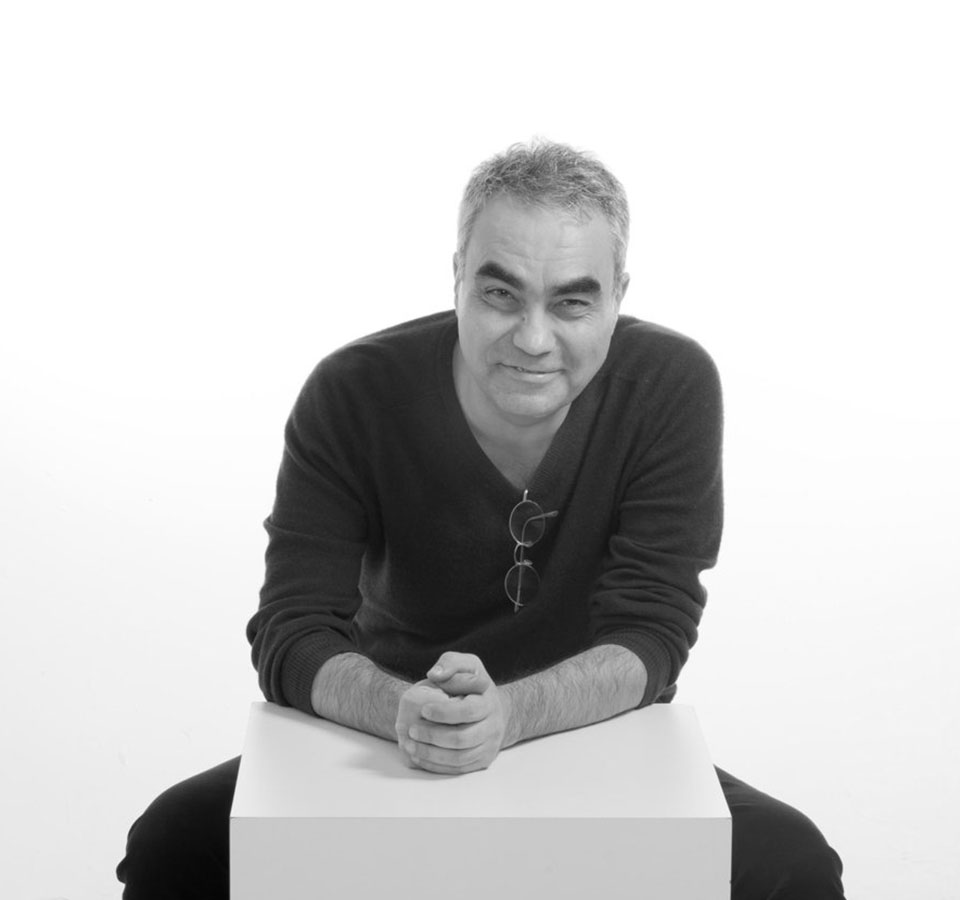
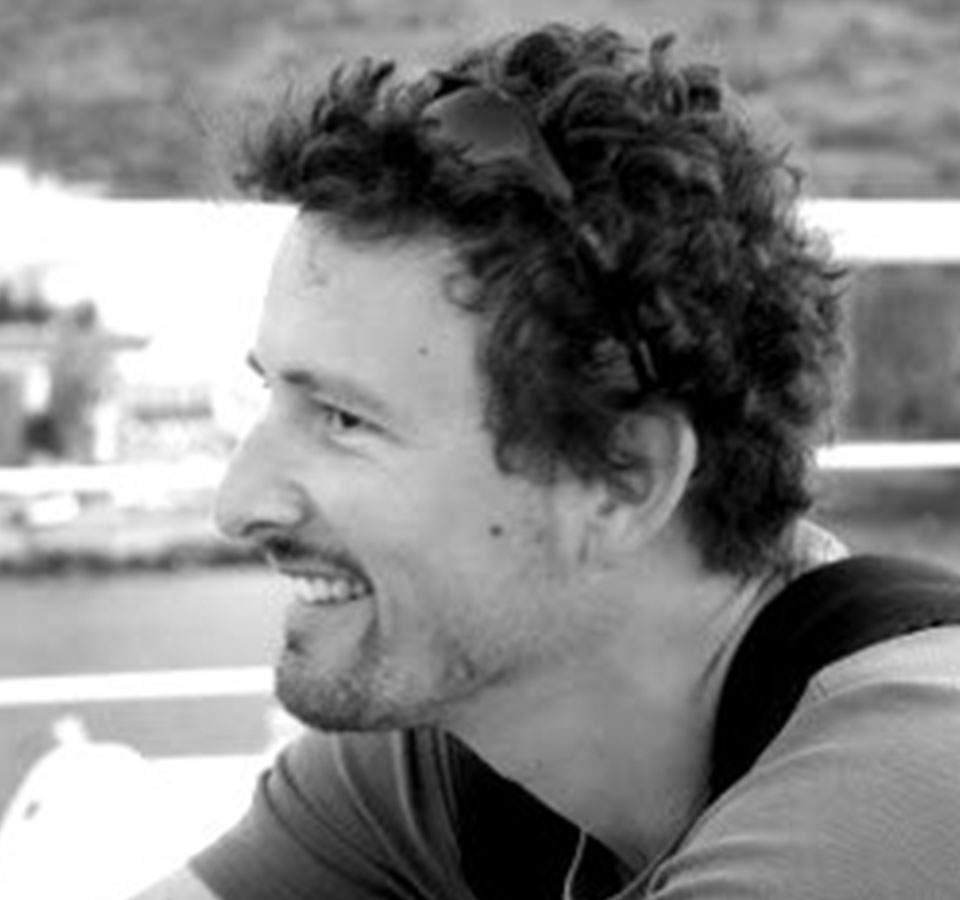
Damien Henry
President Of Google Arts & Culture Lab
Damien Henry works with a team of creative coders at Google Arts & Culture Lab and organizes artist residencies. He is also the co-creator of the cardboard virtual reality device Google Cardboard. Henry was the CTO of a voice analysis company before Google, and was the co-founder of AudioGaming, a voice synthesis startup. Henry is also the creator of Novelab, a small studio focused on advanced technologies. Damien Henry holds a degree in engineering in mechanics and acoustics; he curates exhibitions on applying virtual reality and machine learning to art.
Deniz Karaşahin
Founder Of Osteoid Health Technologies
Deniz Karaşahin first developed several products on hi-fi sound systems. Over time, he has done various studies on vitrifying, furniture, maritime, medical and rapid prototyping. He worked as a lecturer at Izmir University of Economics and Yaşar University. fHe has 3 International Design Awards. His latest work, Osteoid Medical Cast, has been published in more than 350 international publications. He works at Osteoid Medical on the development and dissemination of similar innovative products.
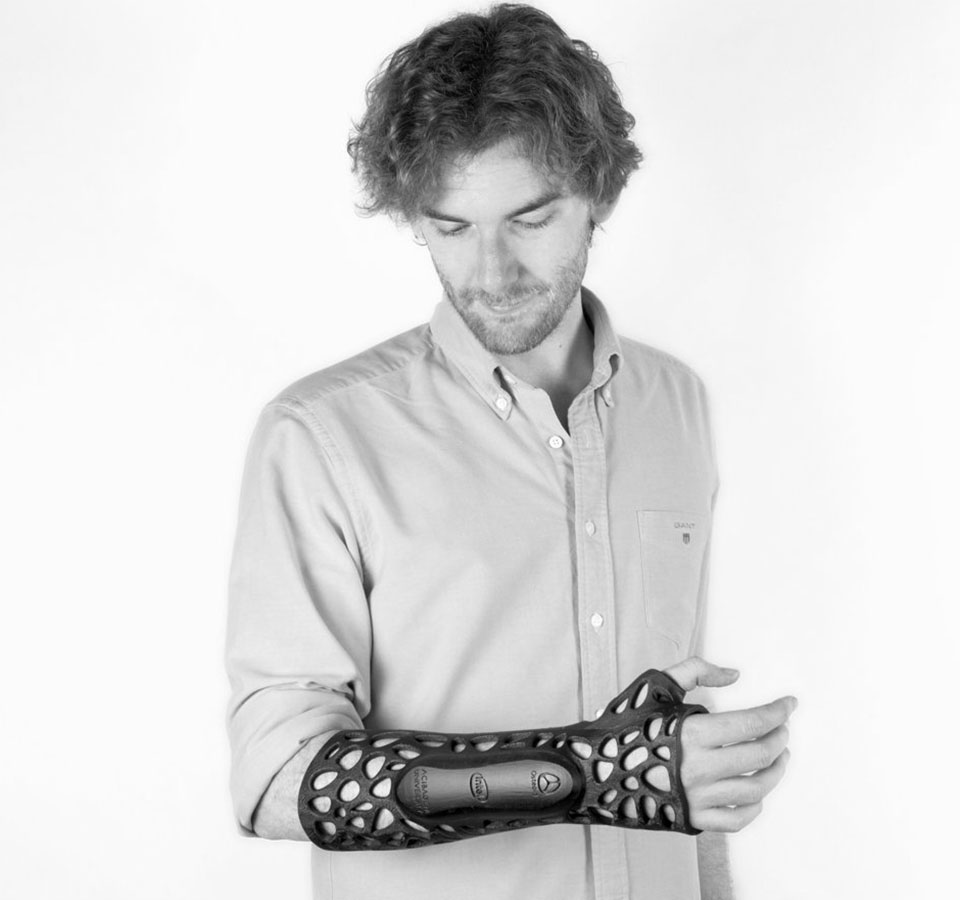
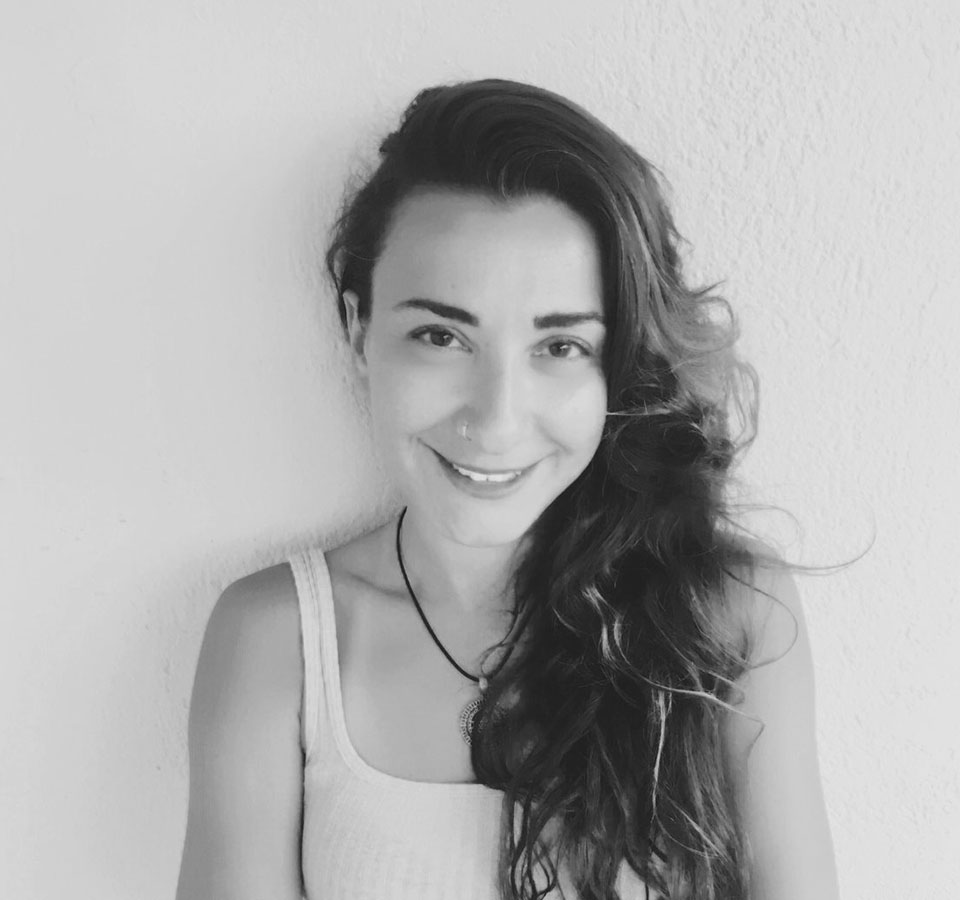
Elif Demirci
Sociologist, Content Manager, Researcher
She studied sociology at Mimar Sinan Fine Arts University. Her sociology thesis on artificial intelligence “Mortality, Immortality, and Artificial İntelligence” was published by Altkitap. She developed an interest in computer culture throughout her school life. She started her career as a Digital Content Manager in a project supported by "Ericsson Crea-World", Turkey's first incubation centre. She started working at Sistemsensin in 2003, producing content in music, technology and game. HEr never-ending interest in brain and artificial intelligence led her to a master's degree in Cognitive Sciences at Boğaziçi University. She was a project manager at nerdworking, a new media collective founded in 2010, and has worked in arts and technology jobs. She is currently doing socio-cultural research on technology ethics and artificial intelligence. She freelances and advises various technology companies. Her best friend is her computer and Elon Mars.
Ersinhan Ersin
Artist, Director, Marshmallow Laser Feast
Artist and director. Team member of London-based experiential studio Marshmallow Laser Feast. Ersinhan Ersin's art practices bring together various disciplines such as sculpture, installation, live performance and Mixed Reality. His work focuses on the relationship between real and edited experiences. He studies the functions and structure of nature, the perception of Man, the spacialization and movement using technology. He explores nonlinear sensory experiences in virtual spaces, taking inspiration from the areas of biosemiosis, cross-model detection and performance.
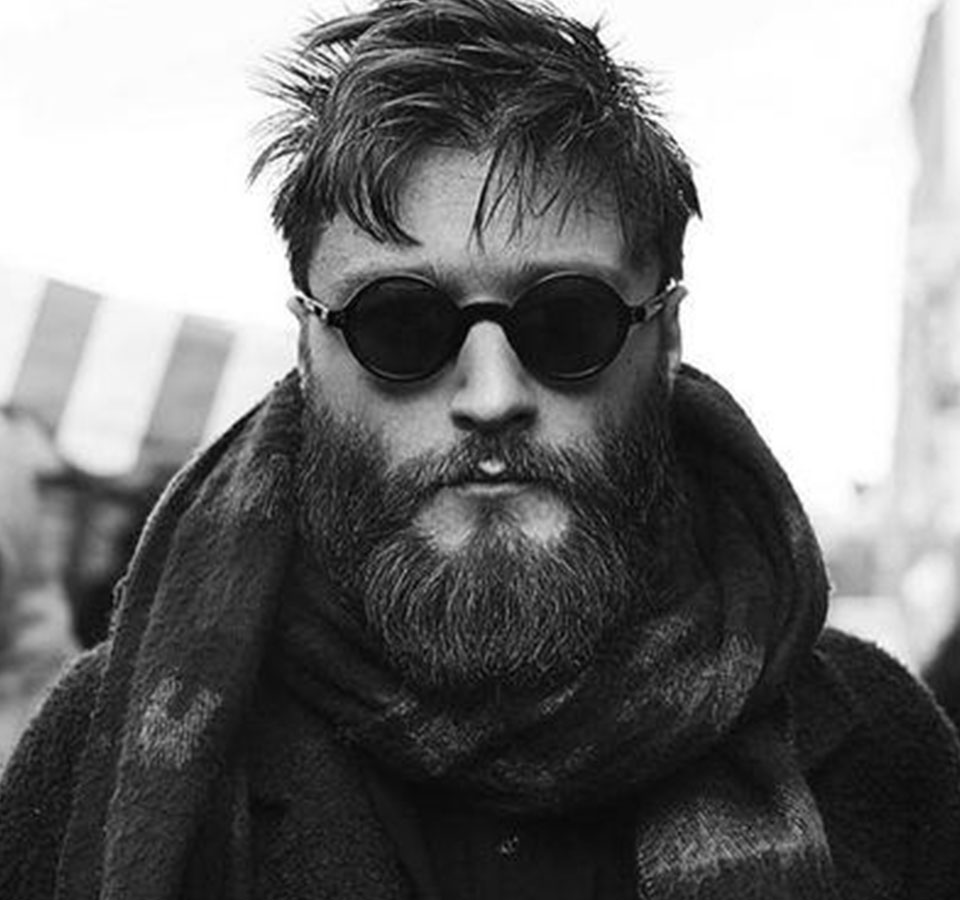
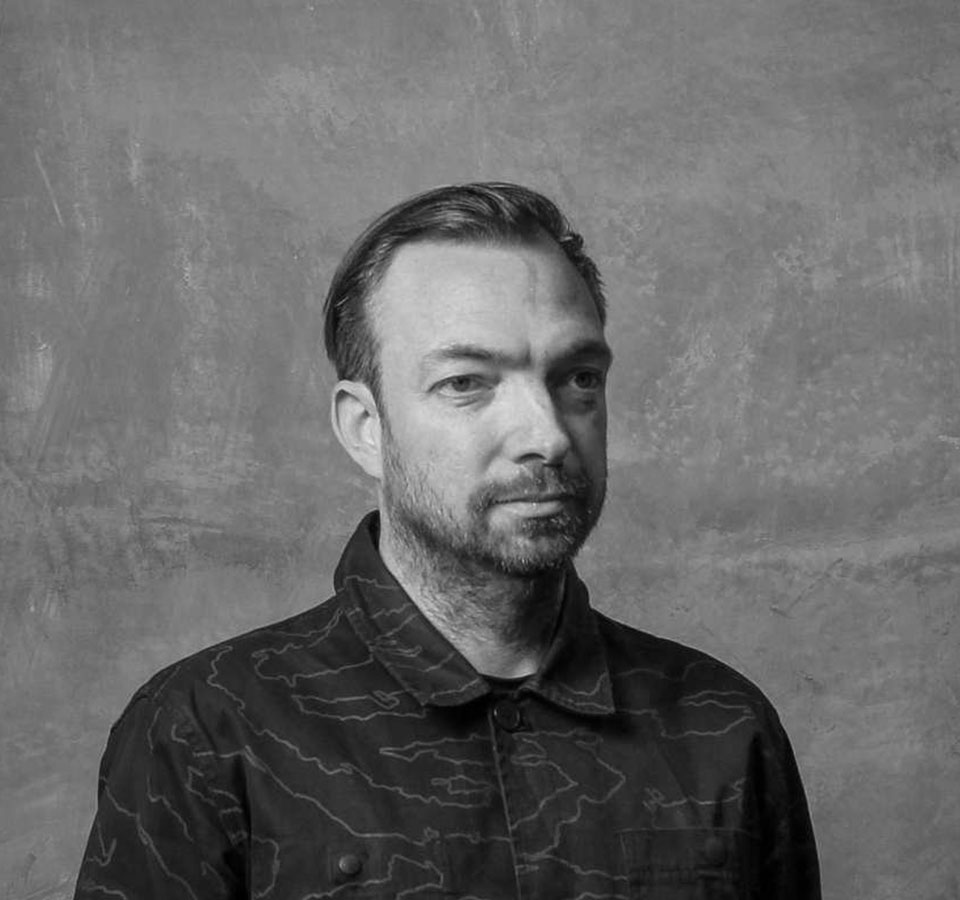
Liam Young
Architect, Director, Founder of Tomorrows Thoughts Today and Unknown Fields, Coordinator of SCI Arc Fiction and Entertainment
The speculative architect who works in the gaps between design, fiction and futures. He is the co-founder of Tomorrows Thoughts, an urban future loom to explore the local and global impacts of new technologies, and Unknown Fields, a nomadic research studio that makes expeditions to record conditions emerging on Earth. He has been featured in the BBC, NBC, Wired, The Guardian, The Times. His work has been collected at institutions such as the Metropolitan Museum and Victoria and Albert. He taught internationally at the Architectural Association of Princeton University and participated in Fiction and Media programs at Sci Arc in Los Angeles.
Memo Akten
Artist + Researcher
He's an artist who studies the collisions between computers, nature, science, technology, ethics, ritual, tradition and religion, and works with calculation as a tool. Combining critical and conceptual approaches with studies in form, motion and sound, he creates data dramatization of natural and anthropogenic processes. He is also doing a PhD at Goldsmiths University of London on artificial intelligence and impressive human-machine interaction.
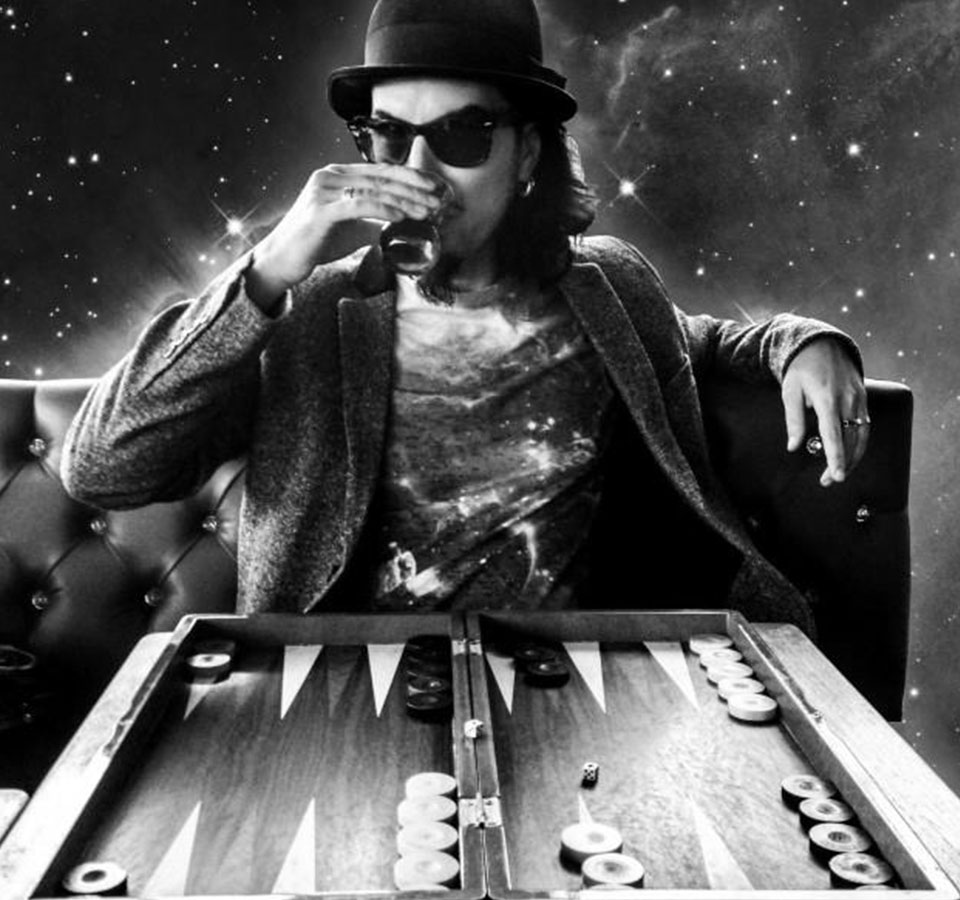
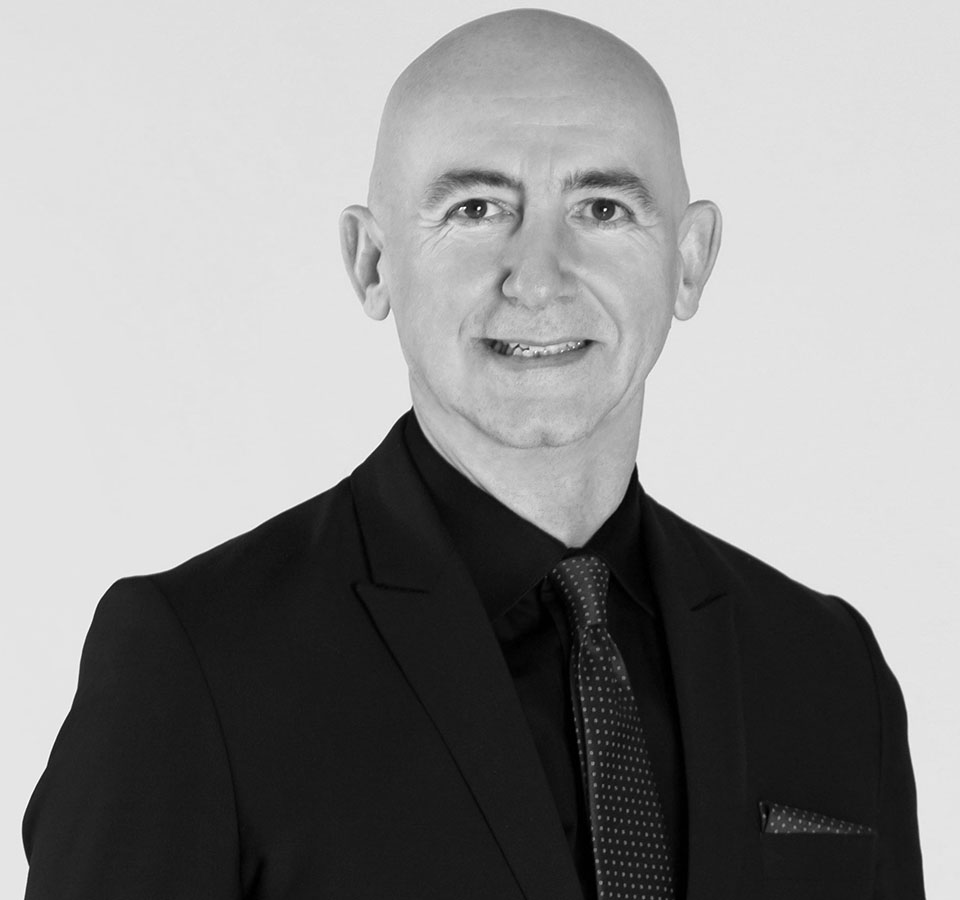
Metin Salt
Managing Director Of Vestel Ventures
Metin Salt was born in Eskisehir in 1968. He did his bachelor's and master's degree in Electrical and Electronics Engineering at Metu. He worked as a research assistant in various projects at TÜBITAK. He took part in the projects in ASELSAN. He conducted studies on the F16 electronic warfare training system in Turkish Air Force. In 1997, he moved to Silicon Valley and served in various management positions at communications companies. 10 years later, he joined Vestel Şirketler Grubu to establish Vestek. Developing Vestek, the first image processing chip (Pixellence) in Turkey and the first example applications of Internet television in the country, Metin Salt, who as national and international patents, regularly writes articles and gives speeches on technology.
Micheal Sturtz
Faculty Member at Stanford University Faculty Of Mechanical Engineering Design, Founder Of The Crucible
Sculptor, teacher, designer and creative thinker. He earned a BFA from the Alfred University School of Art and Design and a master's degree from the High Art Institute of Chicago, and had early successes as a sculptor, architectural metal worker, and product designer. His works have both conceptual and formative power, with powerful material contrasts involving engaging kinetic machines and creative blends such as stone, cast and processed metals, glass, kinetics, light, fire, liquid and video. He often creates sculptures that blend mechanical and biological forms. Michael's sculptural works are on display in collections across the US, Italy and the UK. He is currently the director of Stanford Creative Ignition Lab @ Autodesk. In addition to his work at Stanford, he is a consultant for organizational development. Focusing on an international audience, he has mentored in the field of art education in countries such as Costa Rica, New Zealand, Panama, Turkey and China.
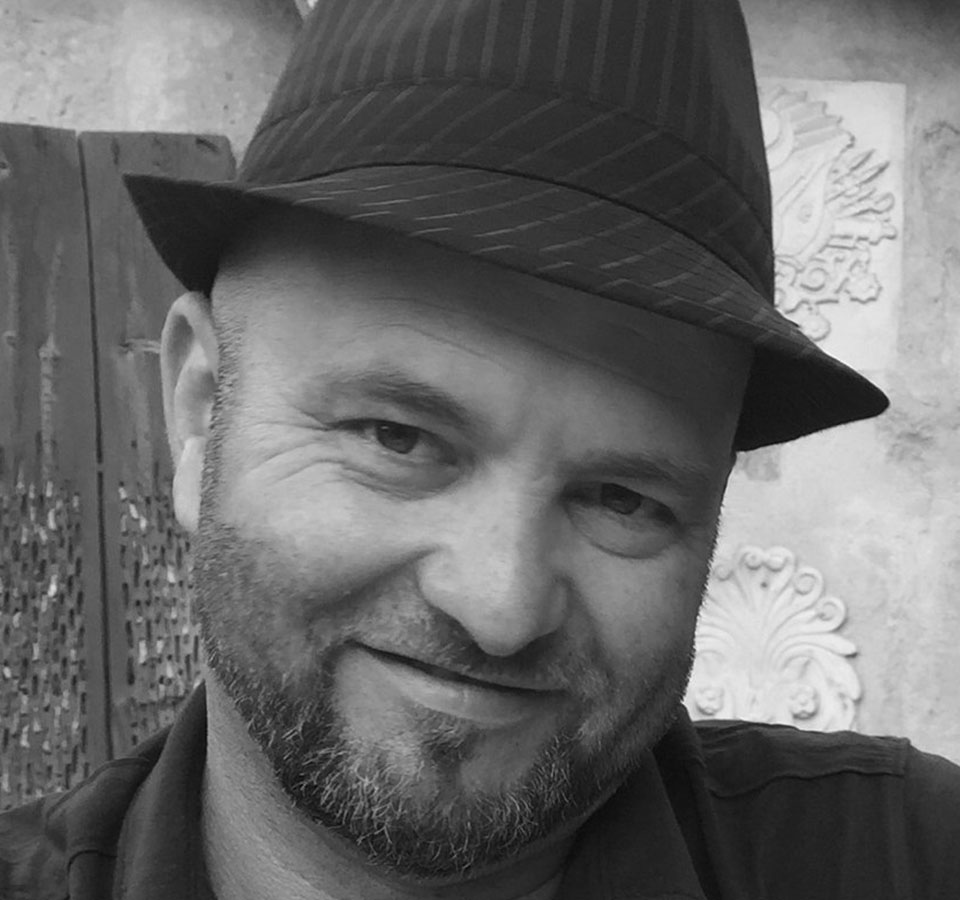
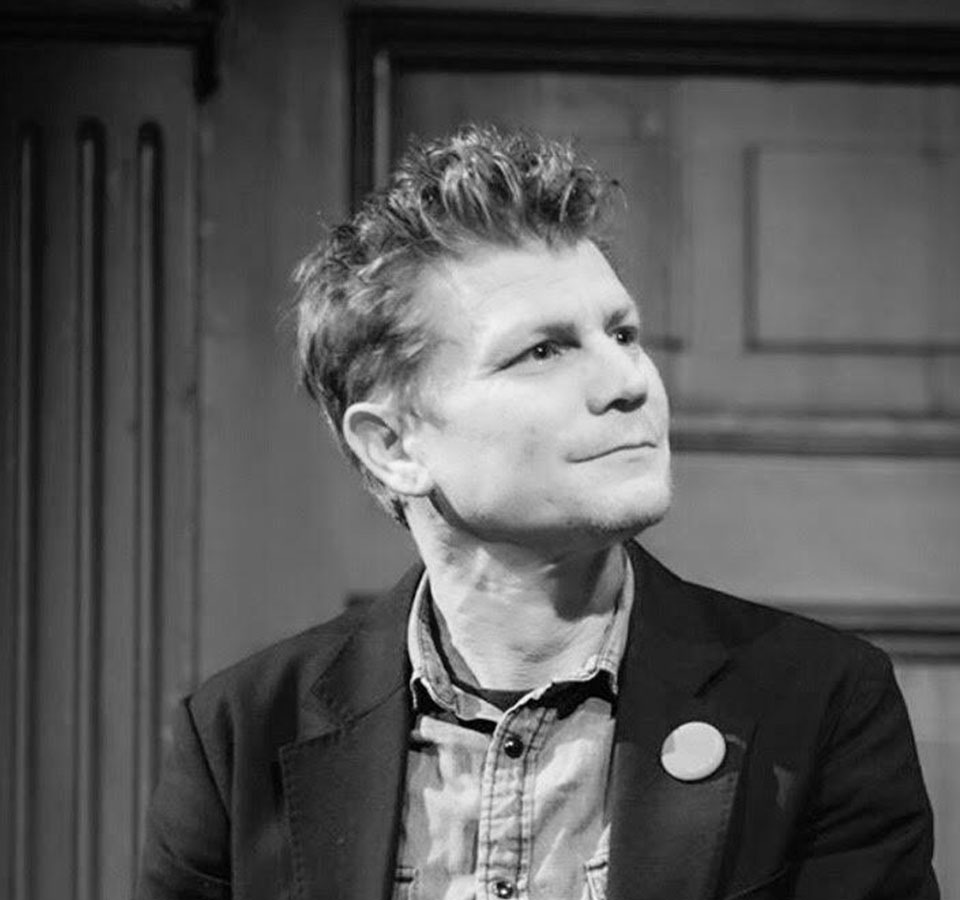
Olof Van Winden
Founder and director of TodaysArt Festival
He is the director and founder of the TodaysArt festival in The Hague. Within the scope of the festival; he has developed projects and collaborations in Japan, South Korea, Mexico, Russia, the Middle East, Canada, the United States and many European countries. He has held large-scale exhibitions and events at the Seoul Biennale, the Detroit Electronic Music Festival, and the National Center for Contemporary Arts and the Moscow Biennale in Moscow. He is known for his non-traditional approach and has expertise in media art, e-culture, creativity and innovation, as well as project consulting.
Pınar Yoldaş
Architect, Artist, Researcher
Pınar Yoldaş is an interdisciplinary designer/artist and researcher. Through biological sciences and digital technologies, she designs architectural installations, kinetic sculptures, and does audio and video work. She presented solo exhibitions in Moscow and Rödasten Konsthall. She uses f post-humanism, eco-nihilism, and feminist technoscience as themes.
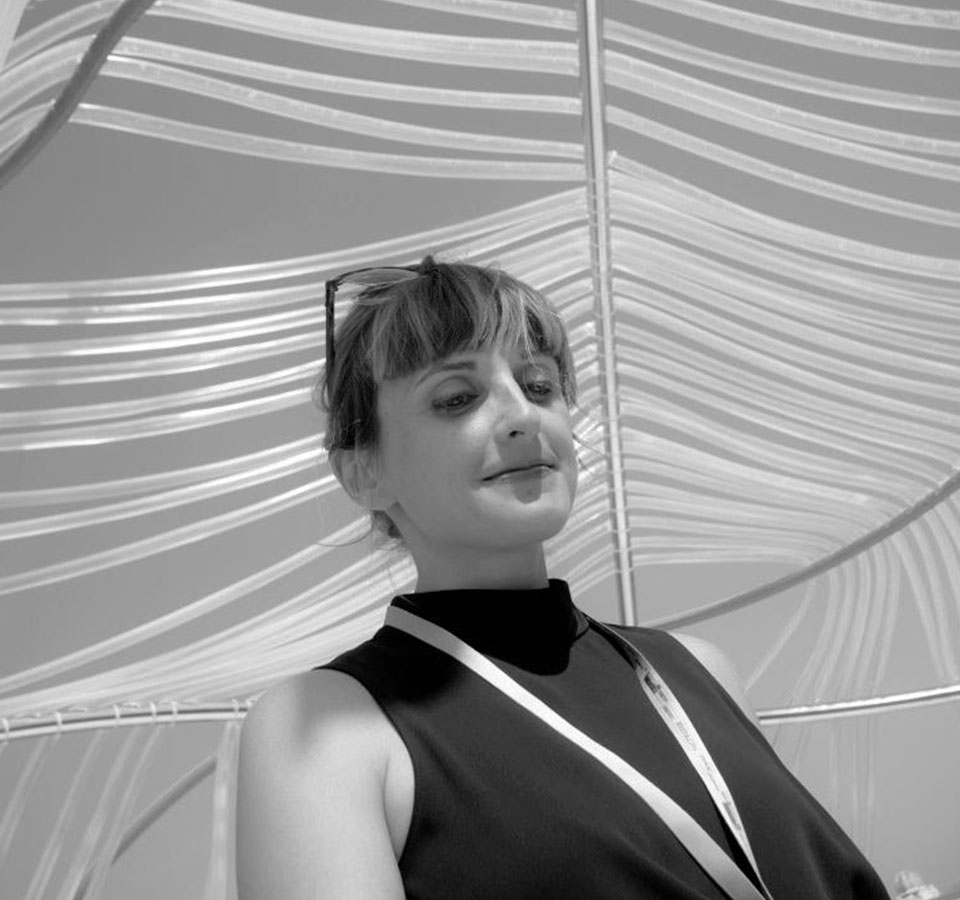
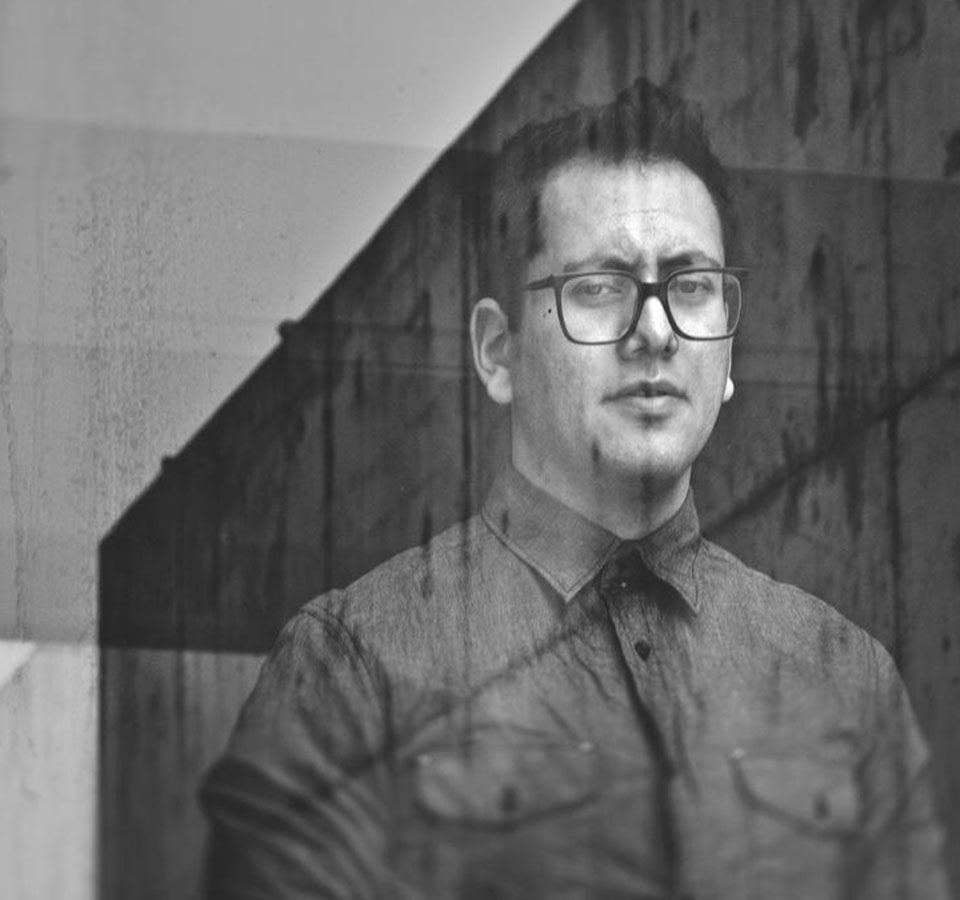
Refik Anadol
Media Artist, Researcher
Refik Anadol is a media artist, designer and spatial thinker. He is a media artist and designer working in the field of live audiovisual performance, immersive installations and architectural photography. He questions the possibility of a digital architecture future where there are no non-digital facts when placing media arts in architecture. He visualizes alternative realities by producing works that redefine the functions of internal and external architectural formations. He is the recipient of a number of awards, including Microsoft Research's Best Vision Award, the German Design Award, the UCLA Art + Architecture MOSS Award, the University of California Art Awards Research Institute, the SEGD Global Design Award, and Google's Art and Machine Intelligence.
Soner Canko
General Manager of The Interbank Card Center
Dr. Soner Canko graduated from Istanbul University Faculty of Political Sciences in 1990. He then received master's and doctoral degrees at the Faculty of Economics of the same university. . Dr Soner Canko, who started his career at Dışbank, has held various positions as a manager at Procter&Gamble, Citibank, Hewlett-Packard and Bilişim A.Ş. After being the founding general manager of First Data Turkey, he served as Deputy General Manager of Ziraat Bank. Dr. Canko has been the General Manager of the Interbank Card Center (BKM) since July 2011.
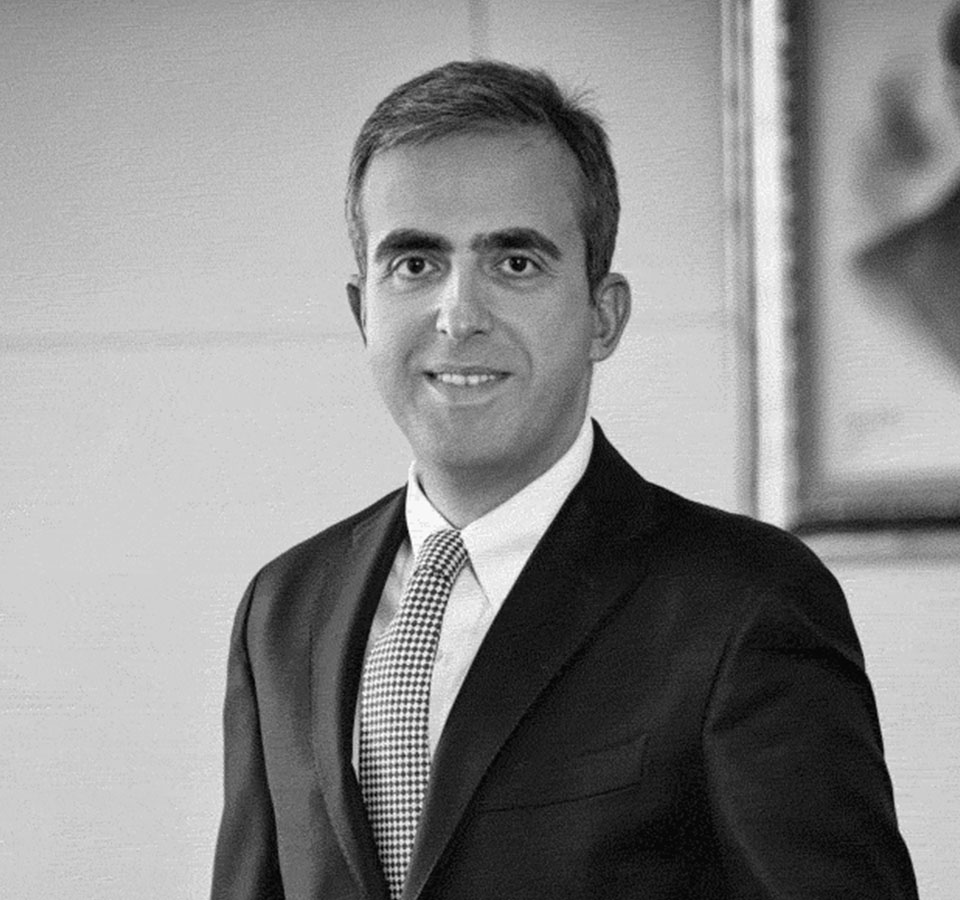
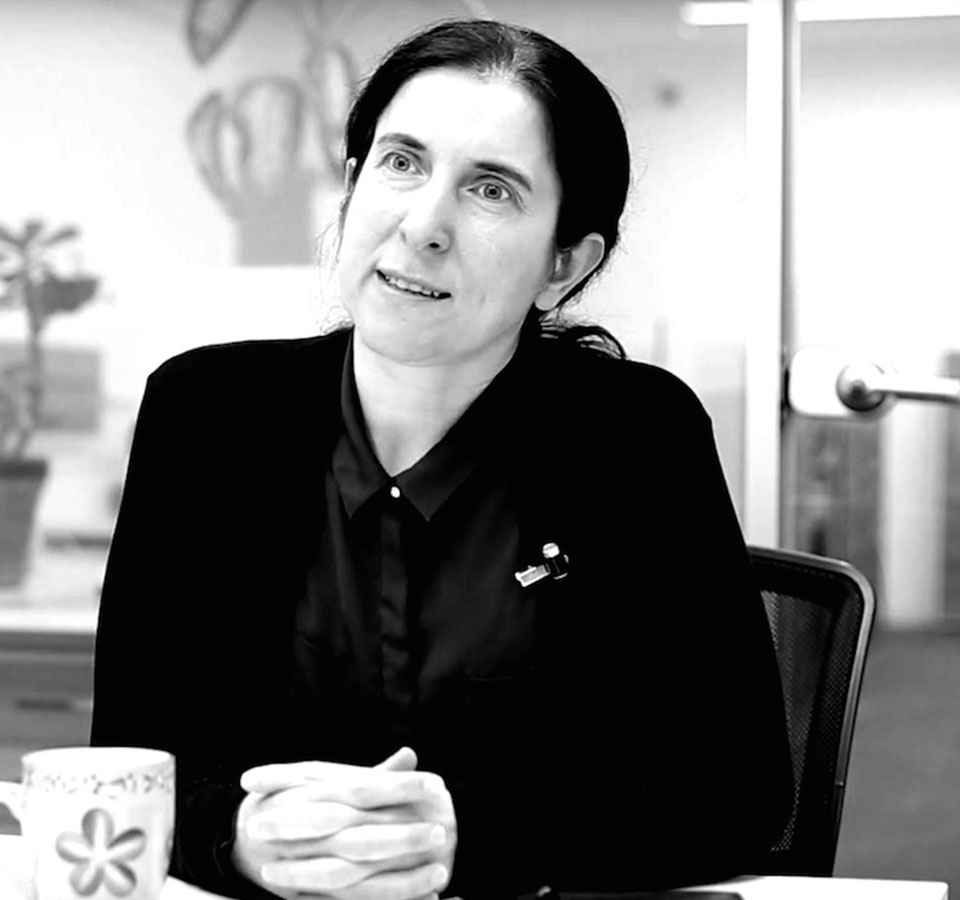
Zehra Çataltepe
Tazi.ai Co-Founder, Faculty Member at the Istanbul Technical University Faculty Of Computer And Informatics
Being a Professor at ITU Faculty of Computer And Informatics, Prof.Dr. Zehra Çataltepe also the co-founder of Tazi.ai which develops artificial learning practices that continuously learn from the data flow in the fields of banks, insurance organizations and telecommunication. Zehra Çataltepe is also the co-founder of Tazi.ai, which develops artificial learning practices that continuously learn from the data flow in the fields of banks, insurance organizations and telecommunication. Çataltepe completed her M.A. and PhD in Computer Science and Artificial Learning at California Institute of Technology. Çataltepe, who has worked in a variety of TÜBİTAK and UN-supported projects, has 14 patents and more than 80 publications.
